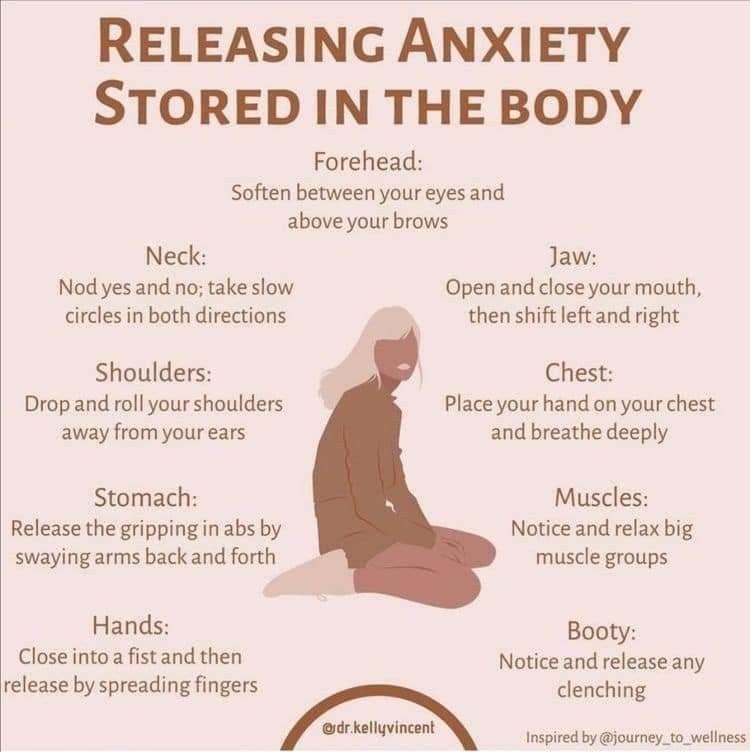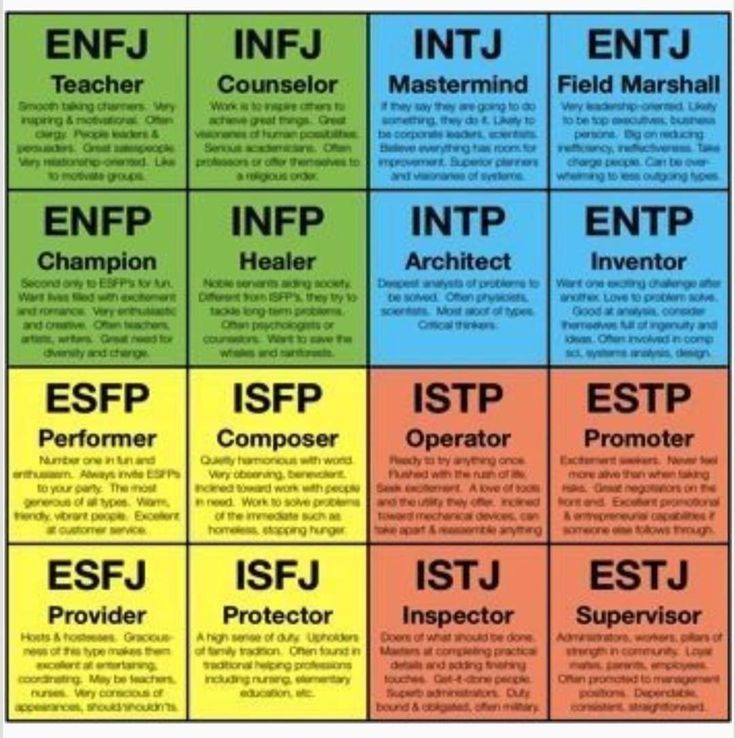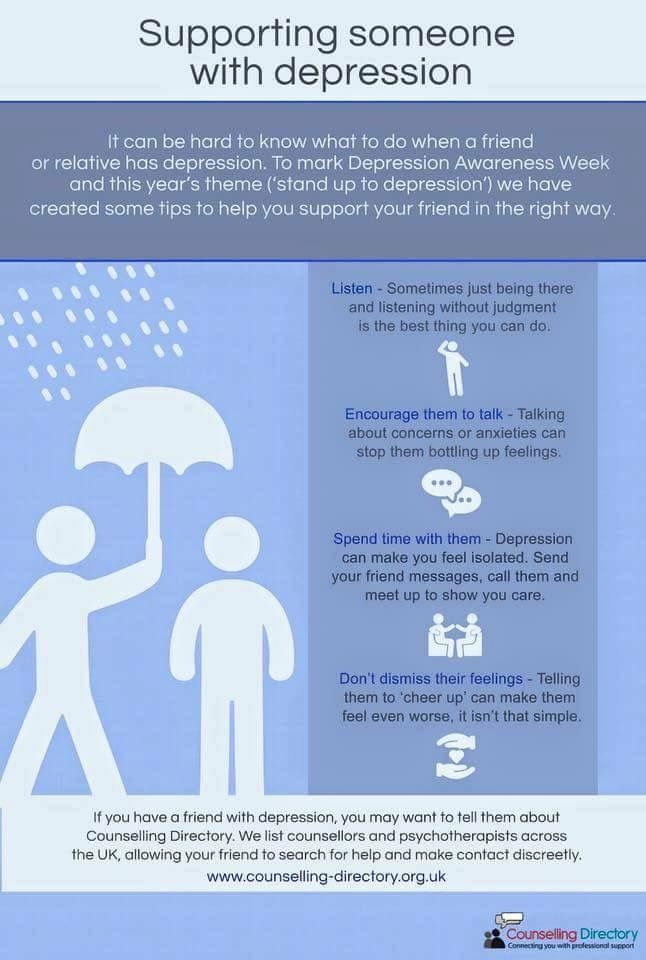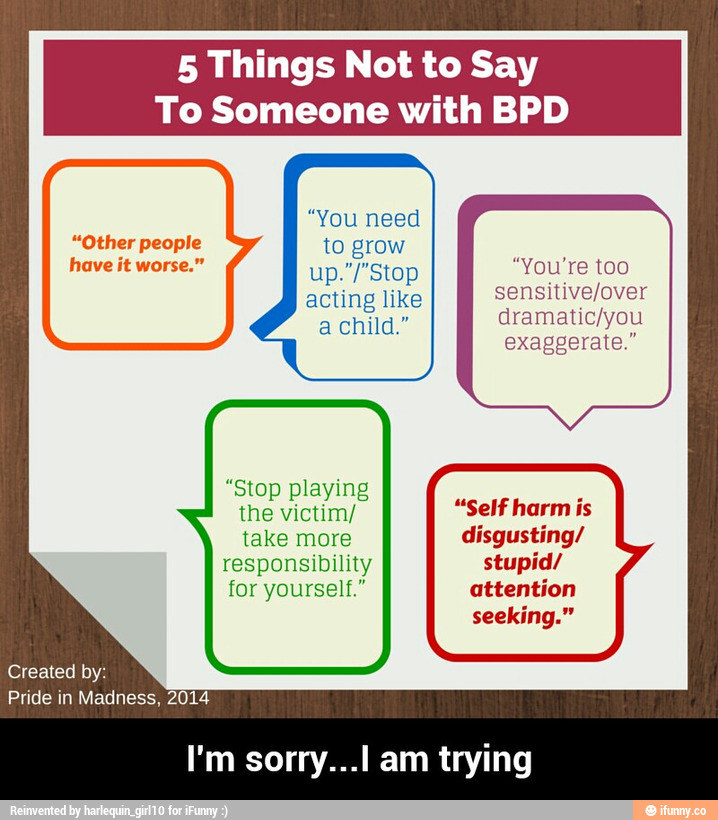Our relationship reviews
Ours Online Couples Counseling Review
Ours provides an inclusive, secular, structured way for couples to connect more deeply and build relationship skills over the course of several weeks. Though it’s designed primarily as premarital counseling, the program can help couples at any stage of their relationship. However, it’s not couples therapy—it’s a set program with a mix of live sessions with a coach and self-guided activities—so it’s likely not a fit for couples who need to work through serious issues.
Key Facts
- Price: $400 upfront for 6 sessions
- Is Insurance Accepted?: No
- Type Of Therapy: Couples Therapy
- Communication Options: Messaging, Video Chat
- HIPAA Compliant?: N/A
- Is There an App?: No
Pros & Cons
Pros
- Website is well-designed and easy to navigate
- Program is structured and finite
- Can complete self-guided sessions on your own time
- Secular and inclusive
- Guides are credentialed mental health professionals
- Straightforward pricing options
Cons
- Not a replacement for couples therapy
- Not covered by insurance
- Limited number of live sessions
- You don’t choose your guide
- No ongoing options offered
- Not useful for serious relationship issues
While many couples want to attend premarital counseling or couples counseling, not all couples are actually able to, either because of the cost, the time commitment it requires, or the lack of therapists nearby offering sessions. In fact, according to the Gottman Institute, only 19% of couples seek out some form of couples therapy—and some of them only did so after six years of relationship issues.
Ours seeks to make it easier for couples to access meaningful relationship counseling by offering a virtual, partially self-guided program that participants can largely do at home, on their own time. Recognizing that this may be a more convenient and appealing option for busy people, we surveyed 105 users of Ours about their experiences. My partner and I also signed up ourselves to test its services.
What Is Ours?
Ours is an online couples counseling program that aims to help people live happier, healthier lives through stronger relationships. The program, which is explicitly not therapy and is largely self-guided, was launched in May 2022 by co-founders Adam Putterman, a former consultant; Jessica Holton, who has a background in business and banking; and Elizabeth Earnshaw, a licensed marriage and family therapist and author of I Want This to Work: An Inclusive Guide to Navigating the Most Difficult Relationship Issues We Face in the Modern Age.
The founders worked with a team of therapists and engineers to develop a proprietary software, which they call “Loveware,” that includes a mix of recorded videos, interactive exercises, and discussion prompts. According to the company’s website, the team developed the program after interviewing thousands of couples and reviewing relevant research.
As of November 2022, the Ours team is still fairly small, with fewer than 20 employees listed on its website, including the mental health professionals they refer to as guides.
What Services Does Ours Offer?
Ours is a structured program with a set number of sessions: two live sessions with a relationship coach and four self-guided.
Both live video sessions are conducted via Zoom. The first is a 45-minute welcome call consisting of a casual conversation between the guide and the couple. Once you’ve completed all the self-guided sessions, you schedule a 30-minute wrap-up call with your guide.
The course is designed to be completed over four weeks and it can be used as either premarital counseling or as a way for couples to reconnect and build relationships skills at any stage in their lives.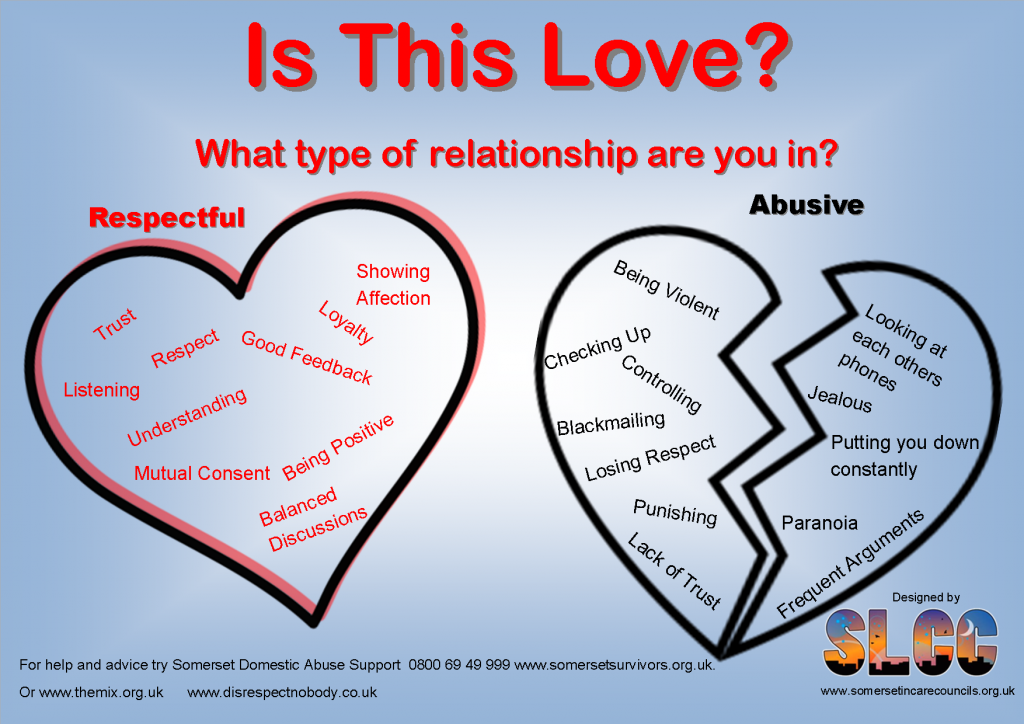
Who Is Ours For?
Ours states that it’s best for couples who:
- Are confident about their commitment to each other
- Are looking to be proactive about their relationship
- Have a safe and healthy relationship
While it emphasizes the benefits of using its program as premarital counseling, it states that it’s for every kind of couple, “whether married, engaged, dating, or "it's complicated.”
I used it with my husband (we’ve been married for several years), and found it was still beneficial. It would be especially good for couples who feel averse to more traditional or religious offerings, as it’s explicitly secular and inclusive. It’s also good for those who feel crunched for time and prioritize flexibility with scheduling (since much of it is self-guided and could be done at odd hours, or broken up into small chunks of time).
Ours is explicit about not being a good fit for those who are doubting their commitment or feel that their relationships are deeply troubled.
How Much Does Ours Cost?
The Ours program costs $400. Given the number of hours it takes to complete the program (about six), the per-hour cost could be lower than other, similar online couples therapy options. Many traditional, in-person counseling services can run from $100 to $225 per hour, while online therapy costs range, with some offering subscription models from $240 to $400 per month, and others offering live video sessions for up to $195 per hour.
You can also give Ours to someone else, such as for a wedding gift. If purchased as a gift, it includes one additional option that’s not available when purchasing the program for yourself: a $100 “mini experience” of one live session with a guide and one self-guided session.
Does Ours Take Insurance?
Ours does not accept insurance. This could make it prohibitively expensive for couples who lack the additional funds (including engaged couples already funding their own weddings or honeymoons), but could make it more accessible for those who are not insured or who don’t wish to engage with their health insurance companies.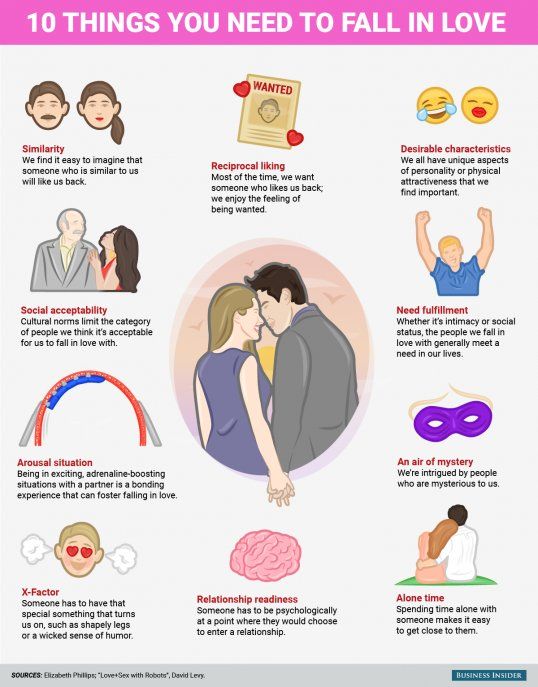
It is worth noting, though, that most insurance providers do not cover couples therapy or premarital counseling. So the fact that Ours doesn’t accept insurance doesn’t put it at a disadvantage compared to other notable competitors, such as ReGain.
Does Ours Offer Discounts?
As of November 2022, you can try one live session and one self-guided session for $50, then pay the remaining $450 if you’d like to continue. If you chose to continue, this would make the total cost $500 ($100 more than if you’d paid in full upfront).
In the FAQ on the company’s homepage, it says that if you can’t afford Ours right now to email to see what they can do. When we tried this, Ours asked us to contact a customer care representative directly. In her response, she asked how we found out about Ours, then offered $100 off the program.
Navigating The Ours Website
The Ours website and app are some of its strongest features. Both are sleek, well-designed, and colorful, making the company seem more friendly and playful than clinical. As soon as you open the homepage, you see clear information about what topics Ours covers, how long the program is, and how much it costs.
As soon as you open the homepage, you see clear information about what topics Ours covers, how long the program is, and how much it costs.
There’s also a video image of a young, happy-looking, interracial couple huddling together near a laptop in their home, giving a sense of the type of people Ours aims to reach. The woman is casually dressed and clutches a coffee mug, which aligns with how they say to prepare for their sessions (in the email our guide sent us before our sessions, she said, “Pets, comfy clothes and a beverage of your choice are more than welcome to attend.”).
Along the top menu is an About page where you can learn about its founders and team, a link to a research study the team conducted (they surveyed 539 people aged 26 to 40 about their relationship habits and views on couples counseling), a blog with posts about the company and some advice for weddings, a program overview with detailed info about what to expect, and a button to get started.
As you scroll down the homepage, you see more detailed information about how the program works, along with user testimonials; a comparison table showing how Ours differs from traditional premarital counseling; info about the guides, including photos and professional credentials; and an FAQ section that covers topics such as what’s covered in the sessions and whether or not you can add the Ours program to your wedding registry. There are several more buttons to “get started” peppered throughout the page, a link to “gift to another,” some blog posts, and a field to sign up for a newsletter.
There are several more buttons to “get started” peppered throughout the page, a link to “gift to another,” some blog posts, and a field to sign up for a newsletter.
At the bottom of the page are links to terms of use, the privacy policy, a therapist network for mental health professionals, a contact button that prompts you to email the company, and a careers page.
Overall, I found the Ours website fairly easy to use. Of the users we surveyed, 48% felt the same (saying it was easy to navigate), while 48% felt neutral about it. Only 5% found it difficult.
Ours is fairly active on social media, with Instagram and Twitter accounts that are both updated several times per week. It does not appear to have a Facebook page. At the bottom of its website, it links out not to its own TikTok account but that of one of its founders, Elizabeth Earnshaw.
Does Ours Have An App?
Ours has a web-based app, Loveware, which is a proprietary software app.
Once you log into it, you can view your personal dashboard, which includes your “personal roadmap” (which is essentially just a list of the sessions available to you). You can also access each of the sessions, replay any sessions you’ve already completed, schedule video calls with your guide, and download various resources in PDF form, like a “Stress & Regulation Toolkit” and a “Card Deck” of conversation starters to ask your partner. There’s a button to message your guide, but it just prompts you to send an email.
You can also access each of the sessions, replay any sessions you’ve already completed, schedule video calls with your guide, and download various resources in PDF form, like a “Stress & Regulation Toolkit” and a “Card Deck” of conversation starters to ask your partner. There’s a button to message your guide, but it just prompts you to send an email.
Finally, there’s a section that you can use to engage in a short exercise at any time, such as journaling about a favorite memory with your partner, talking with your partner about how you’ve changed, or doing a drawing exercise.
How Do You Sign Up for Counseling at Ours?
The sign-up process at Ours is short and easy, taking about 10 minutes in total. It begins by asking your name and email address (when I left the process incomplete, I was emailed a prompt shortly after, nudging me to continue signing up).
After that, you’re prompted to answer a few questions, such as your favorite thing about your relationship, and confirm that you understand the pricing model and that it’s not a replacement for clinical therapy.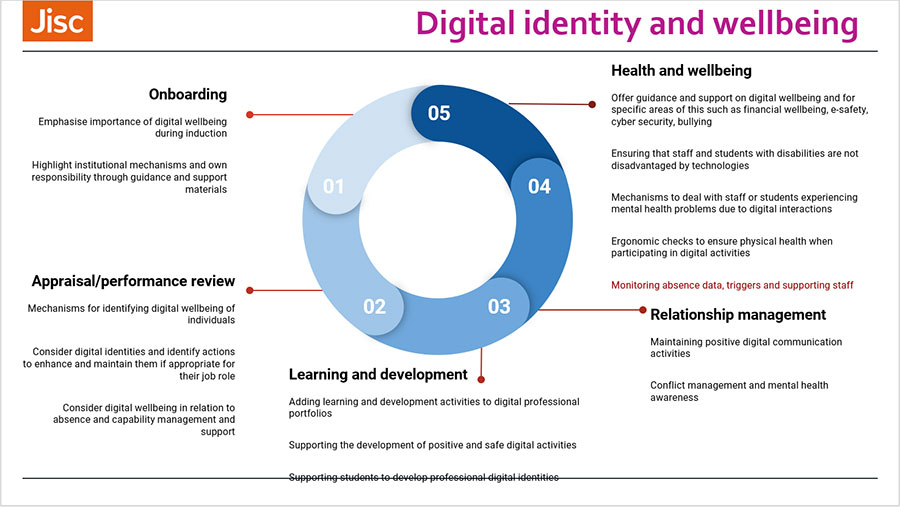
After paying (either via credit or debit card or with Google pay), you’re given a survey with 16 questions asking you to rate various aspects of your relationship quality on a scale of one to five.
Questions include things like, “We effectively manage our finances together,” and “I know how to effectively voice my needs in the relationship.” (Admittedly, I found some of these questions hard to put a number on, wishing I could add a bunch of caveats like, “I’m a two before coffee, but a five after,” or “Does it count as effectively voicing needs if I’m also yelling and crying?”)
Notably, none of the questions ask about the mental health conditions, history, or medications of participants. This could mean that some couples are going into their sessions without adequate awareness of their own and each others’ mental states. For instance, if one person is unaware that they are clinically depressed (or unaware that their partner is), that might make it very difficult to work through the exercises.
Still, as a person who hates logistically difficult tasks, I appreciated that the process was straightforward and fairly transparent overall, with a clean interface and easy-to-understand language throughout.
Matching With a Therapist
You do not get to choose your Ours guide. In the FAQ, the company says that it matches you based on “your requirements, their in-house data, and good old-fashioned intuition,” but that if you have any non-negotiables (e.g., experience with long-distance couples, a particular ethnic background), then they’ll accommodate you.
You’ll be matched with your guide shortly after signing up. The guides have various credentials, such as:
- Licensed marriage and family therapist (LMFT): A professional credential with requirements that vary by state; these generally include having completed a graduate program in a mental health field, completing the requisite hours of supervised clinical experience, and passing licensing exams.
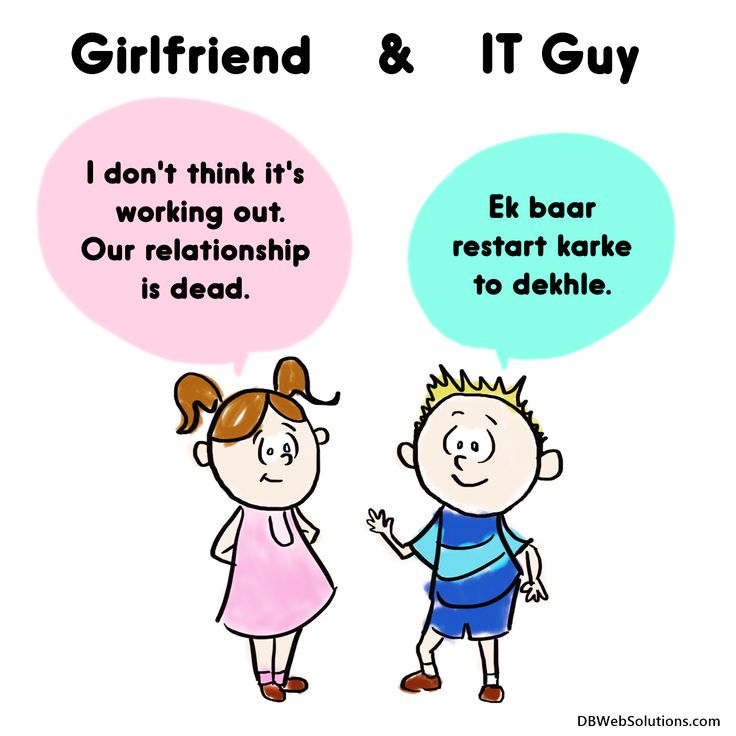
- Master of social work (MSW): A master’s degree in the field of social work that can include an emphasis on mental health services
- Master of education (MEd): A master’s degree in education that can focus on areas such as counseling and school psychology
After both members of the couple have answered a virtual questionnaire about their relationship (which they’re prompted to do as soon as they sign up), the guide selects which of the program’s self-guided sessions are most applicable to them. Then, the couple meets with their guide for a welcome video chat.
Eight guides are featured on the Ours homepage—all women from diverse ethnic backgrounds. The guide we were ultimately matched with is credentialed as a licensed mental health counselor, board-certified art therapist, and trauma-informed expressive arts therapist.
How Do Counseling Sessions Work at Ours?
Starting the Program
After you sign up for Ours, you’re prompted to schedule a 45-minute welcome session with your assigned guide. This is one of the two live calls included in the program. You can sign up in the app, which shows you various windows of availability.
This is one of the two live calls included in the program. You can sign up in the app, which shows you various windows of availability.
After we did so, we received an email from our guide with a recorded video of her introducing herself and explaining a bit about what to expect in our call.
This welcome message is sent from your guide’s own email (vs. a generic company one) and you can respond to them directly.
In my experience, our guide replied promptly to my messages and her answers felt genuine and personal. You can also work with your guide to tweak the structure of the program. For instance, I asked her if we could complete the program on an expedited timeline due to our own personal scheduling needs, and she said “Of course!” and provided specific instructions about how to do so within the app. There are no limits to how often you can message a guide.
Welcome Session
The Welcome Session is conducted through Zoom. In ours, our guide asked us about the challenges we’re currently facing and gave us each a chance to describe what we believe to be our greatest strengths.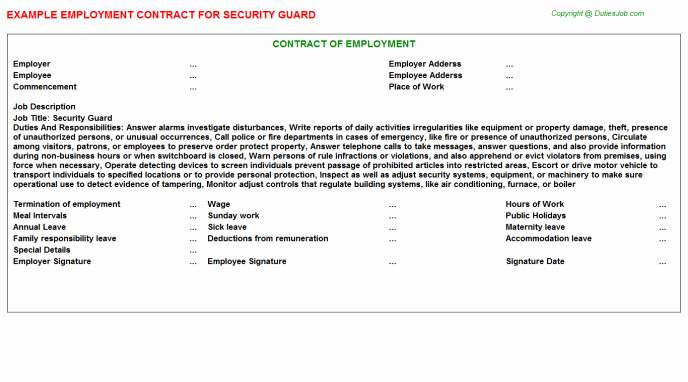 She then gave us an overview of the self-guided sessions she chose for us based on how we answered our questionnaires (in the company’s lingo, this is your “personalized roadmap”).
She then gave us an overview of the self-guided sessions she chose for us based on how we answered our questionnaires (in the company’s lingo, this is your “personalized roadmap”).
She explained what each would entail, and why she thought they were relevant for us in particular, while also describing which sessions she left out and giving us a chance to swap them out for other topics. She explained that the principles of the sessions were largely based on research done by the Gottman Institute, an organization headed by John and Julie Gottman, well-known researchers and therapists in the field of relationships.
Self-Guided Sessions
After their welcome call, couples are given access to four self-guided sessions, each designed to take about an hour.
Each of the four self-guided sessions focuses on a different topic, but not every couple gets the same sessions—your guide chooses them for you based on how you answered the questionnaire. The sessions we got were: Stress & Co-Regulation, Sex & Intimacy, Navigating Our Differences, and Practicing Financial Love.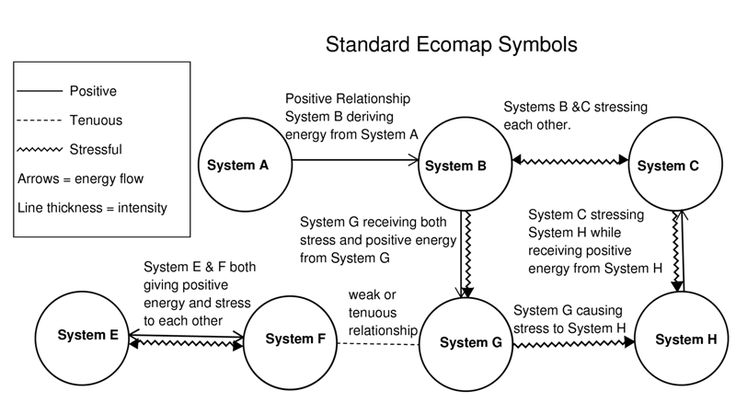
The sessions can be done anywhere with internet access, on any device, though a laptop or tablet would probably be best. They’re meant to take about an hour each, but you can pause them at any time and resume later, which we did.
You can move through these at whatever pace works best for you, though the program suggests that one per week is a good cadence. At some points, you’re asked to take photos of yourselves, or to write about the things you discussed, which your guide reviews after you’ve completed the sessions.
The activities in the sessions are highly varied. In the Stress & Co-Regulation one, for instance, we did an art therapy exercise, played a game to make each other laugh (copying each other’s face expressions), journaled silently about the things causing us stress, and shared these stresses using specific question prompts provided by the program. There were also video tutorials about how stress regulation works for both individuals and families that we watched together (sometimes at accelerated speed, which is an option I appreciated having).
In the Sex & Intimacy session, we were taught about “brakes and accelerators,” which is basically the Ours terminology for “turn-offs” and “turn-ons”, but with a broader emphasis on the fact that these factors can be environmental or situational, rather than just things a partner does or doesn’t do. For instance, a sink full of dirty dishes might be a brake, while certain music or food might be an accelerator. We were then prompted to talk about each other’s brakes and accelerators and share them.
Between Sessions
After you finish a session, your guide emails you additional prompts such as, “Drop what you’re doing right now and text your partner one thing you appreciate about them.” You can also email your guide if you have questions, and they sometimes respond to things that you wrote about in the app while working through the self-guided sessions. When we left half of our session unfinished, our guide emailed us with a gentle nudge to pick up where we left off.
Wrap-Up Call
At the end of the program, you have a 30-minute live video chat with your guide. You can schedule this through the app by choosing from various available time slots. In the call, you go over the main themes you learned about while completing the sessions, and discuss the goals and skills you hope to carry into the future.
What Happens If I Miss a Session at Ours?
You may reschedule live sessions with 24 hours’ notice, but if you miss a session, you forfeit your opportunity to attend it and are not refunded. You may move on with the remainder of the program, though.
Switching Therapists at Ours
Ours does not recommend switching guides after starting the program and told us that they have yet to have a client request to do so.
If someone did request to switch their guide, though, Ours would accommodate them, though there would be a charge for scheduling another welcome session. When I asked how much this charge would be, they didn’t provide me with a concrete answer. I chose not to miss a session and find out as part of writing this review.
I chose not to miss a session and find out as part of writing this review.
Pausing or Canceling Therapy at Ours
Ours strongly encourages clients to complete its full program, and requires an upfront, non-refundable payment (with the exception of the free trial option currently on offer).
Quality of Care and User Satisfaction
I really liked our guide, Stephanie, and quickly felt comfortable speaking with her. Unlike my experiences in traditional therapy, she shared anecdotes about her own life, which gave us a sense of who she is. When I emailed her between sessions, her answers felt genuine and personal.
When working through the self-guided sessions, I enjoyed the ease of being able to pause at any time and resume them when we were ready, as our lives are fairly chaotic and we were interrupted several times. That said, you do need to set aside some time to focus. I initially underestimated how interactive the sessions were and attempted to start one on my phone while on a walk, only to realize that we needed a pen and paper for an art therapy exercise.
One of the most helpful aspects of the sessions were the guidelines they provide for conversation. For instance, I was told to listen to my partner describe a source of stress to him without offering any advice for feedback. Let me tell you—this was physically hard for me to do. I was itching to jump in and impose my opinion on how he should handle the problem. Apparently this is often counterproductive, and my partner really appreciated my taking a different approach than usual and listening more attentively.
While the insights we came to weren’t as deep as those I’d arrived at in clinical therapy settings, the activities helped us refocus on the quality of our relationship and learn some useful strategies for minimizing tension and conflict.
According to our user survey, most people had a similarly good experience, with 80% of respondents giving Ours an overall positive review. The majority of respondents said that they would recommend it to a friend, and 95% rated the website as either easy to navigate or at least not notably difficult.
According to our subject matter expert, Hannah Owens, MSW,, a 30-minute session is a time frame that is short for individual therapy and very short for couples therapy: “This cannot compare to weekly 60- or 90-minute sessions, which is more the norm for traditional couples counseling.”
While the Ours program was useful for us, I can see how it’d be insufficient for couples who need to work through more serious issues. Additionally, says Owens, the potential issue with self-guided sessions is that you and your partner are not held accountable to anyone but yourselves.
“If you find yourselves getting stuck in conflicts or certain ways of thinking or approaching the sessions, there is not an objective third party there to acknowledge patterns of behavior that you might not otherwise notice or be able to address,” she says.
Ultimately, the program felt like more of a jumping-off point to me than a solution to our problems. It made me prioritize our relationship more and feel empathetic towards my partner, but left me with the sense that there was a lot of work left to be done, both on myself and within our relationship.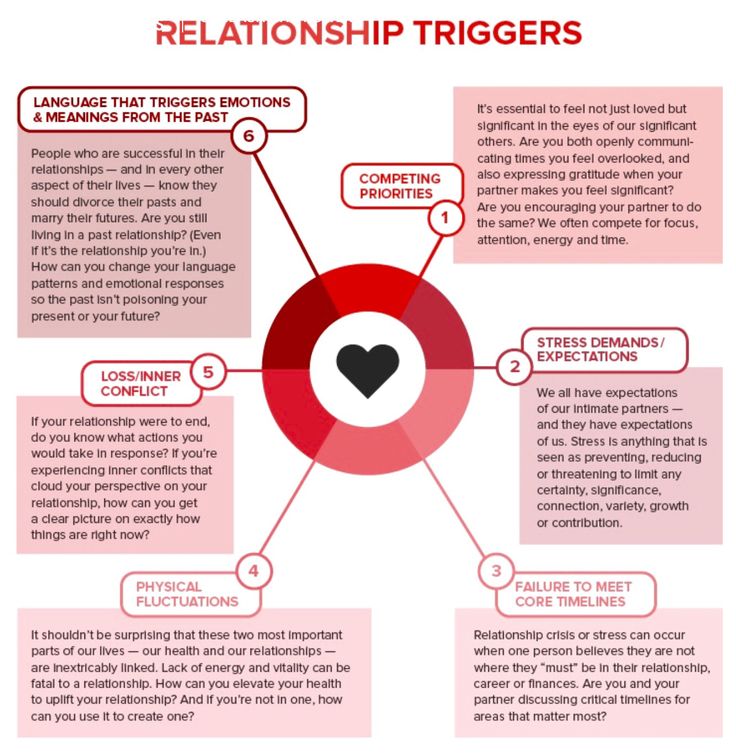 The hard work of developing good habits and, perhaps more importantly, breaking bad ones (like making critical remarks or having sloppy financial planning), feel too big to be fixed in a four-week span. In other words, it was a fun and valuable experience, but not a cure-all for our deeper challenges.
The hard work of developing good habits and, perhaps more importantly, breaking bad ones (like making critical remarks or having sloppy financial planning), feel too big to be fixed in a four-week span. In other words, it was a fun and valuable experience, but not a cure-all for our deeper challenges.
Privacy Policies at Ours
When we asked Ours staff about its privacy policy, they said that they are not required to follow HIPAA, but that anything users submit in the program can only be seen by their guide and the guide’s supervisor (if needed) and that no one else has access.
Still, this is potentially a point of concern. “Just because a company is not required to be HIPAA-compliant does not mean they can't be,” says Owens.
While I wasn’t overly concerned with privacy during the Zoom calls because the conversation was fairly general, there were moments during the self-guided sessions when we were prompted to type what we discussed with each other. Knowing that the information would exist online, in writing, without a very clear understanding of privacy protections, influenced what I was comfortable sharing.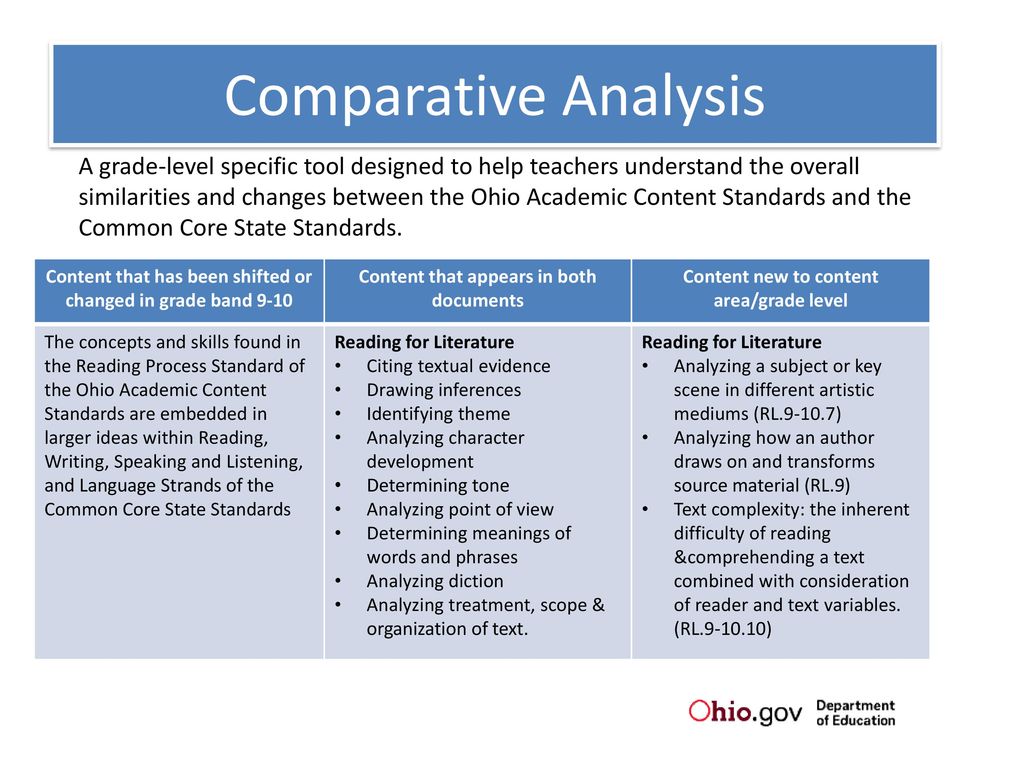
In addition, Owens points out that the customer service representative made no mention of encryption, which would be useful since you and your partner are putting intimate details in writing. Ours also does not guarantee that it won’t sell user data.
Ours vs. Its Competitors
Ours is one of many solid options for premarital counseling or online couples counseling, as 80% of our survey respondents gave it a positive review. This was slightly higher than the 77% positivity rating of another premarital counseling service, Regain, but lower than the 90% positivity rating for another option, Growing Self. When asked whether they’d recommend Ours to a friend or someone like them, 61% said they’d be likely to do so, compared to 69% who said the same for Growing Self, and 72% for Regain. In terms of therapists diversity, 84% of Ours users gave it a generally positive rating, which is the same percentage users gave Growing Self and slightly higher than they gave Regain (80%).
Ours and Growing Self both offer secular online premarital services led by licensed therapists, though their structures differ:
- Ours charges a fixed fee of $400 total for two live, private sessions and four self-guided sessions.
- Growing Self’s premarital course, “Lifetime of Love”, is $265 per couple for one six-hour session. It’s not private (up to six couples participate), but does include interactive elements. It also offers private premarital sessions that cost between $105 and $160 per 45-minute session. Clinician rates vary and some offer sliding scales.
Final Verdict
Overall, Ours is a great option for couples who are already committed to each other and fairly comfortable talking about their emotions, but need a little help with communication skills, coping mechanisms, and planning for shared goals. It provided me with a structured way to have meaningful conversations with my partner and taught us some valuable skills.
However, the fact that most of the sessions were self-guided meant that we didn’t dive too deeply into either of our psychological issues. We weren’t unpacking past traumas or coming to any big epiphanies about ourselves or each other. Thus, it would probably be less beneficial, if not difficult to complete at all, for couples who have serious problems to work through.
We weren’t unpacking past traumas or coming to any big epiphanies about ourselves or each other. Thus, it would probably be less beneficial, if not difficult to complete at all, for couples who have serious problems to work through.
Methodology
To fairly and accurately review the best online therapy programs, we sent questionnaires to 55 companies and surveyed 105 current users of each. This allowed us to directly compare services offered by gathering qualitative and quantitative data about each company and its users’ experiences.
Specifically, we evaluated each company on the following factors: website usability, the signup and therapist matching processes, therapist qualifications, types of therapy offered, the service's quality of care, client-therapist communication options, session length, subscription offerings, client privacy protections, average cost and value for money, whether it accepts insurance, how easy it is to change therapists, overall user satisfaction, and the likelihood that clients would recommend them.
We also signed up for the companies in order to get a sense of how this process worked, how easy to use the platform is, and how therapy takes place at the company. Then, we interviewed a few of the therapists we found who either currently work or worked for this company in the past and worked with three subject matter experts to get their expert analysis on how suited this company is to provide quality care to therapy seekers.
10 Best Online Relationship Counseling Services of 2022
Our Relationship — Best Overall
For couples that want an expert-designed, research-backed approach to relationship counseling, Our Relationship is worth considering.
Developed by two psychologists and tested in five nationwide studies with thousands of participants, the Our Relationship approach focuses on giving couples effective tools and resources to help them improve their communication and regain intimacy and trust.
To do this, Our Relationship offers online self-help programs for opposite-gender and same-gender couples, as well as individuals.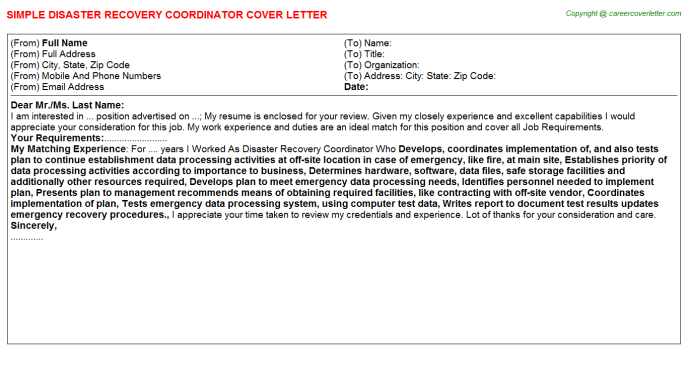 These programs, which generally take 4-8 weeks to complete, include videos, activities, and exercises that are designed to help couples better understand the issues that they are having, and develop new skills and ways of addressing and resolving those issues. The program’s activities can be completed on a computer, tablet, or smartphone.
These programs, which generally take 4-8 weeks to complete, include videos, activities, and exercises that are designed to help couples better understand the issues that they are having, and develop new skills and ways of addressing and resolving those issues. The program’s activities can be completed on a computer, tablet, or smartphone.
Participants have the option of completing the program with or without a coach. It is $50 to complete the self-guided program, and $150 with a coach. Those that opt for the coaching option get four 20-minute video chat sessions with their coach, which can be used at any time during the course of the program. Appointments are available during daytime, evening, and weekend hours. While all Our Relationship coaches are trained in various areas of psychology and therapy, clients should note that they are not licensed therapists.
Although Our Relationship’s programs are intended for couples to complete together, they also offer an Individual program that one member of a relationship can complete on their own.
| Price | Appointment Types | Accepts Insurance | Therapists on Staff |
|---|---|---|---|
| Program with coach: $150 Self-guided program: $50 | Phone call | No | 13 |
What Patients Are Saying
Many couples who sought counseling from Our Relationship found that the platform helped more than other types of therapy. Says one user, “My husband and I had gone to traditional therapy before with little success. However, I was pleasantly surprised by how much I learned about both of us and our relationship.”
Growing Self Counseling and Coaching — Best for Premarital Counseling
An in-person practice with locations in California, Colorado, and Arkansas, Growing Self Counseling and Coaching also offers many types of therapy online, including marriage counseling, couples therapy, and premarital counseling.
Clients looking for premarital counseling can choose between Growing Self’s “I Do!” program, or private premarital counseling with a licensed marriage and family therapist. Premarital counseling focuses on creating agreements around topics like parenting, finances, and priorities; creating a strong emotional foundation, and identifying any potential points of conflict prior to the marriage.
Other types of relationship therapy offered by Growing Self include marriage counseling, couples therapy, relationship coaching, and dating coaching. Long-distance couples can get online video therapy with secure, HIPAA-compliant online video. All clients, regardless of what type of therapy or help they are seeking, can sign up for a free consultation to find out if Growing Self is the right option for them.
Growing Self’s team of therapists and coaches includes both master’s-level and doctoral-level clinicians. Therapists practice evidence-based couples counseling and are highly trained with specialized education in couples and family therapy.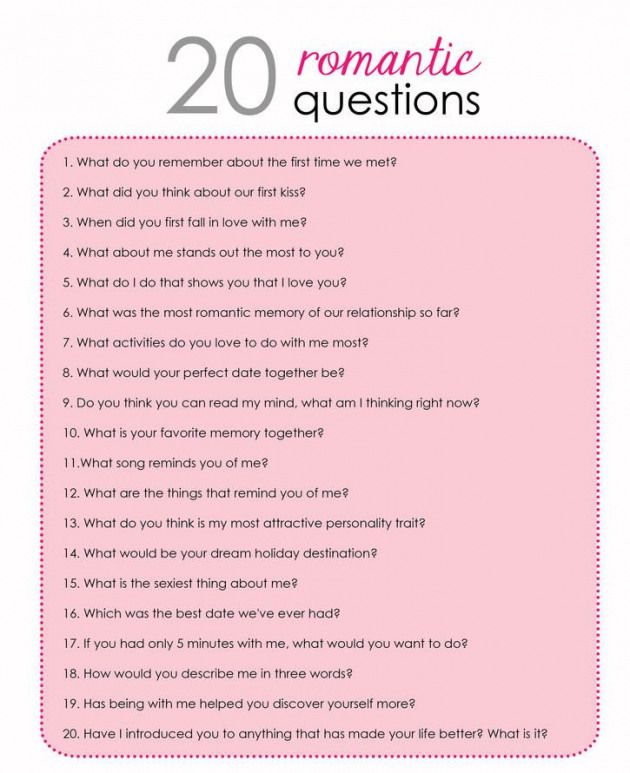 Rates per session vary based on the therapist’s education and experience level, and can range from $55-$150. Early career clinicians have sliding scale options based on their availability and the client’s income. Although relationship therapy is typically not covered by health insurance benefits, in cases where Growing Self’s services are covered, they will accept insurance.
Rates per session vary based on the therapist’s education and experience level, and can range from $55-$150. Early career clinicians have sliding scale options based on their availability and the client’s income. Although relationship therapy is typically not covered by health insurance benefits, in cases where Growing Self’s services are covered, they will accept insurance.
| Price | Appointment Types | Accepts Insurance | Therapists on Staff |
|---|---|---|---|
| 45-minute session: $95 | Video chat | Yes | 45 |
What Patients Are Saying
Growing Self Counseling and Coaching clients appreciate that the platform makes it convenient for them to get the help they need. “I loved and appreciated the fact that you offer help via video chat,” says one client. “It was exactly what I was looking for and needed. ”
”
BetterHelp — Best for Individual Counseling
Generally, relationship therapy is based on partners working together with a therapist. However, in situations where one partner is unwilling or unable to participate in therapy, it can still be beneficial for the other person in the relationship to seek counseling.
BetterHelp is an online therapy platform that can help individuals address issues that may be affecting their relationship, including trauma, self-esteem, anger, conflict management, and more. BetterHelp’s team of licensed marriage and family therapists, licensed clinical social workers, and licensed professional counselors can help individuals develop new skills and coping mechanisms that they can apply to strengthen all of their relationships, including those with romantic partners, family, friends, and colleagues.
During the sign-up process, clients complete a brief questionnaire about their history, the issues they are seeking to address, and any preferences they have for their therapist. Once BetterHelp matches clients with a therapist, they communicate via synchronous sessions, held via phone calls, video chats, or live messaging. BetterHelp also lets clients and their therapists exchange unlimited messages in a secure chat room, so help and guidance are accessible in between regularly scheduled sessions. Clients can access BetterHelp through their website, or via their mobile app, which is available for iOS and Android.
Once BetterHelp matches clients with a therapist, they communicate via synchronous sessions, held via phone calls, video chats, or live messaging. BetterHelp also lets clients and their therapists exchange unlimited messages in a secure chat room, so help and guidance are accessible in between regularly scheduled sessions. Clients can access BetterHelp through their website, or via their mobile app, which is available for iOS and Android.
Clients are billed on a monthly basis. Although BetterHelp does not accept health insurance, they do offer financial assistance based on clients’ income. They also offer discounts for referrals and through promo codes.
| Price | Appointment Types | Accepts Insurance | Therapists on Staff |
|---|---|---|---|
| Weekly: $60-$80 (billed monthly) | Video chat, Phone call, Live chat | No | 12,000 |
What Patients Are Saying
BetterHelp’s services have helped individuals and couples pursue healthier relationships from the comfort of their own homes. “It’s a great alternative to live counseling,” writes one client. “The counselor was patient and extremely helpful. Also having an outlet to just message someone can be beneficial.”
“It’s a great alternative to live counseling,” writes one client. “The counselor was patient and extremely helpful. Also having an outlet to just message someone can be beneficial.”
Couples Learn — Best Trial Option
Choosing to pursue relationship counseling, or deciding if online versus in-person therapy is right for you and your partner can be challenging. Couples Learn helps make the process a little easier, with a free 30-minute consultation that gives potential clients a sneak peek at what the process of online relationship counseling is like.
For those that decide to pursue counseling with Couples Learn, there are three types of services available — online couples therapy, online individual therapy, and online premarital counseling.
Couples Learn’s couples therapy focuses on topics like conflict management and resolution, restructuring priorities, and rebuilding trust and intimacy after infidelity. Couples seeking premarital counseling through Couples Learn will get help establishing priorities and goals related to finances, kids, sex, and more. Single clients can pursue therapy through Couples Learn to develop skills for forming healthy relationships, while those in relationships can use individual therapy if their partner is unwilling or unable to join them.
Single clients can pursue therapy through Couples Learn to develop skills for forming healthy relationships, while those in relationships can use individual therapy if their partner is unwilling or unable to join them.
This California-based practice has three therapists on staff, including licensed marriage and family therapists, and licensed clinical psychologists. Clients can select the therapist with whom they want to work, based on their availability. All online appointments are conducted via video chat. Clients do not need to be in the same physical location to meet with their Couples Learn therapist. Appointments through Couples Learn are available during daytime, evening, and weekend hours.
| Price | Appointment Types | Accepts Insurance | Therapists on Staff |
|---|---|---|---|
| 30-minute consultation: Free Per session: $175-$375 depending on therapist | Video chat | No | 3 |
What Patients Are Saying
Clients praise Couples Learn for providing professional, insightful help with a variety of relationship issues. “This was my first time doing a virtual therapy session and I was surprised how connected I was able to feel,” says one client. I highly recommend [Couples Learn] to anyone looking to strengthen their partnership.”
“This was my first time doing a virtual therapy session and I was surprised how connected I was able to feel,” says one client. I highly recommend [Couples Learn] to anyone looking to strengthen their partnership.”
The Relationship Suite — Best for ESL Speakers
The Relationship Suite is a New York-based private practice that offers in-person therapy as well as online counseling and a relationship tool kit that couples can use on their own or in conjunction with therapy.
For clients that speak a language other than English, The Relationship Suite’s services are available in Spanish, French, Hebrew, and Farsi, making this an accessible platform for a broader range of users.
All Relationship Suite online counseling sessions are conducted via a HIPAA-compliant video platform, so clients do not need to be in the same location to meet with their therapist. The Relationship Suite offers evening and weekend appointments, to help clients fit their sessions into busy schedules.
The Relationship Suite’s staff includes licensed clinical social workers and licensed master’s social workers, and represents a variety of different counseling approaches, including Emotionally Focused Therapy (EFT), Imago Relationship Therapy (IRT), Cognitive Behavioral Therapy (CBT), Dialectical Behavioral Therapy (DBT), among others. The Relationship Suite’s staff is prepared to help clients with premarital counseling, marriage counseling, affair recovery therapy, blended family counseling, divorce counseling, and more.
For couples that want to work on their relationship issues without the support of a counselor, The Relationship Suite also offers the Relationship Tool Kit. This self-guided program includes audio recordings, lessons, and advice on how to address issues within the relationship, and develop new strategies for healthier communication and conflict resolution.
| Price | Appointment Types | Accepts Insurance | Therapists on Staff |
|---|---|---|---|
| Relationship Tool Kit: $249 | Video chat | No | Number unspecified |
What Patients Are Saying
Clients recommend The Relationship Suite for teaching them how to be a better partner.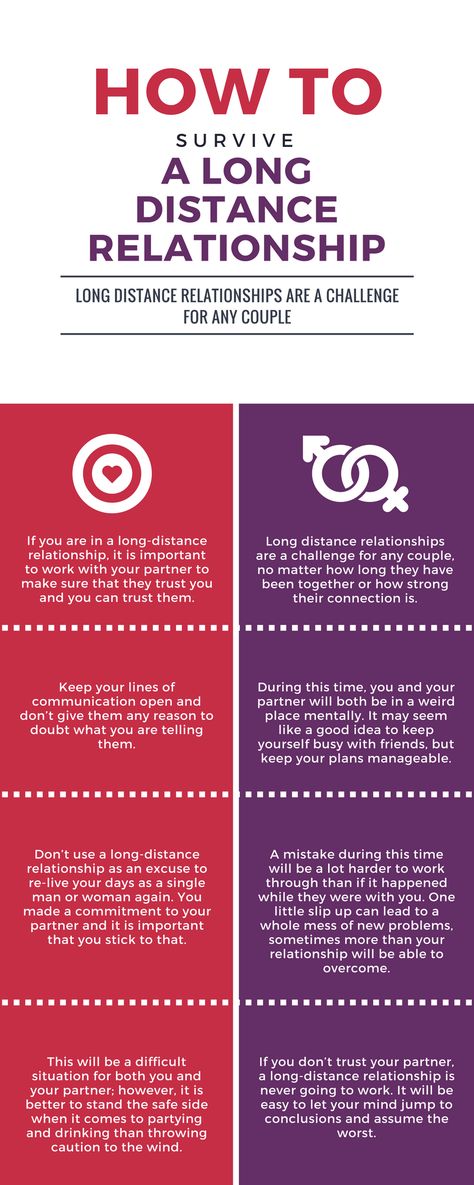 According to one user, “You will learn practice and easy tools that you can start using right away to improve your relationship. You will understand what gets in the way of having a fulfilling relationship.”
According to one user, “You will learn practice and easy tools that you can start using right away to improve your relationship. You will understand what gets in the way of having a fulfilling relationship.”
ReGain — Most Flexible
ReGain is a sister company of BetterHelp that focuses specifically on relationship counseling. Clients can use this platform either as a couple or individually to get assistance addressing common relationship issues like communication trust, intimacy, conflict, and more.
Clients start the process by answering initial questions about their relationship, the issues they want to address, and what their counselor preferences are. ReGain gives clients the option of signing up as a couple from the start, or starting individual therapy and inviting their partner to join at a later time.
If couples are participating in therapy together, they will share a joint account, in which all written communication is visible to both partners as well as the therapist.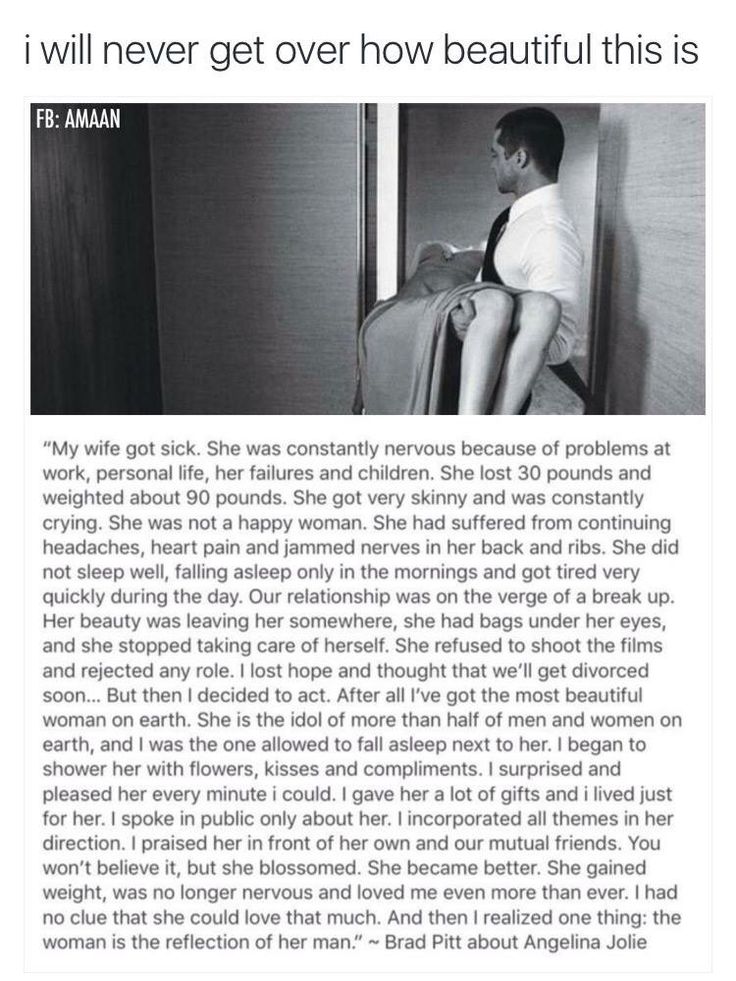 Live phone or video chat sessions with a therapist can be conducted via ReGain’s mobile app or website, and the ReGain platform supports three-way calls.
Live phone or video chat sessions with a therapist can be conducted via ReGain’s mobile app or website, and the ReGain platform supports three-way calls.
ReGain’s staff includes over 5,000 licensed clinical psychologists, licensed marriage and family therapists, licensed professional counselors, licensed clinical social workers, and psychologists. Regardless of credentials, all ReGain therapists have experience and expertise in couples’ therapy.
A ReGain membership costs $60-$80 per week, based on clients’ income. ReGain does not accept insurance for its services.
| Price | Appointment Types | Accepts Insurance | Therapists on Staff |
|---|---|---|---|
| Weekly: $60-$80 per week (billed monthly) | Video chat Phone call Live chat | No | 5,000+ |
What Patients Are Saying
ReGain clients like this app for providing quality counseling in a flexible format. “Our counselor is professional and knowledgeable,” writes one user. “She is also flexible and very responsive; we never have to wait long for her to respond. I have seen improvement in my relationship since using ReGain.”
“Our counselor is professional and knowledgeable,” writes one user. “She is also flexible and very responsive; we never have to wait long for her to respond. I have seen improvement in my relationship since using ReGain.”
Talkspace — Best for Convenient Communication
For couples with busy schedules who may find it difficult to schedule joint therapy sessions, Talkspace offers a convenient alternative.
This platform delivers therapy through unlimited text, audio, and video messaging, which allows clients and therapists to communicate when and how is most convenient for them, and get support when they need it most. For couples who feel like they would also benefit from a live session with their therapist, 30-minute video chats can be added a la carte for a flat fee of $65 per session.
Talkspace has a roster of 5,000 licensed therapists who represent a variety of different approaches, including Cognitive Behavioral Therapy, Dialectical Behavioral Therapy, Psychodynamic, Mindfulness, and more. During the initial sign-up process, users will have a free consultation to help them learn more about Talkspace’s services, and provide information about the issues they want to work on in couples therapy. This information is used to match them with the most appropriate therapist.
During the initial sign-up process, users will have a free consultation to help them learn more about Talkspace’s services, and provide information about the issues they want to work on in couples therapy. This information is used to match them with the most appropriate therapist.
One of the perks of Talkspace is that they partner with a number of health insurance providers, such as Cigna and Humana, to give employees access to care through their mental or behavioral health benefits. Therefore, clients whose employers partner with Talkspace may be able to use their health insurance benefits to cover their therapy costs. Clients can also use Health Savings Accounts or Flexible Spending Accounts, or pay out of pocket for Talkspace’s services.
| Price | Appointment Types | Accepts Insurance | Therapists on Staff |
|---|---|---|---|
| Monthly: $396 | Text, video, and audio messaging Video chat | Yes | Number unspecified |
What Patients Are Saying
Talkspace clients praise the site for giving them a convenient option for getting the counseling they need. “Our experience with couples therapy was great,” writes one user. “Loved the convenience of writing whenever we had a chance. Our lives are so busy that I think it’d be nearly impossible to go somewhere.”
“Our experience with couples therapy was great,” writes one user. “Loved the convenience of writing whenever we had a chance. Our lives are so busy that I think it’d be nearly impossible to go somewhere.”
MDLive — Best for Insurance Coverage
MDLive is unique on our list in that it is a full-service telehealth platform that offers mental health care in addition to medical and dermatology services.
MDLive’s therapy services can be used by individuals or couples to address a variety of issues that affect relationships, including parenting, postpartum depression, grief and loss, stress, and more. MDLive charges a flat fee of $108 per therapy session, although since they do accept many major health insurances, the actual cost to clients can vary based on individual copays.
Users can check their insurance coverage when they sign up for an MDLive membership. It’s free to join, and the process usually takes about 15 minutes, including completing a questionnaire about your healthcare needs. Once you’re a member, you can schedule a session with one of MDLive’s licensed therapists by browsing the profiles of available providers, and selecting the one who you think is the best fit for you.
Once you’re a member, you can schedule a session with one of MDLive’s licensed therapists by browsing the profiles of available providers, and selecting the one who you think is the best fit for you.
Appointments for new users are typically available within a few days of signing up. Clients can connect with their therapist via phone or video chat, accessible through MDLive’s website or their mobile app.
In addition to mental health care, an MDLive membership gives users access to on-demand care for urgent medical needs like colds, fevers, pinkeye, and more, as well as dermatologists who can treat rashes, acne, and other basic skincare needs.
| Price | Appointment Types | Accepts Insurance | Therapists on Staff |
|---|---|---|---|
| Per session: $108 (Prices vary based on insurance coverage) | Video chat Phone call | Yes | 1,000+ |
What Patients Are Saying
MDLive clients overwhelmingly report having positive experiences with the services they receive through this platform.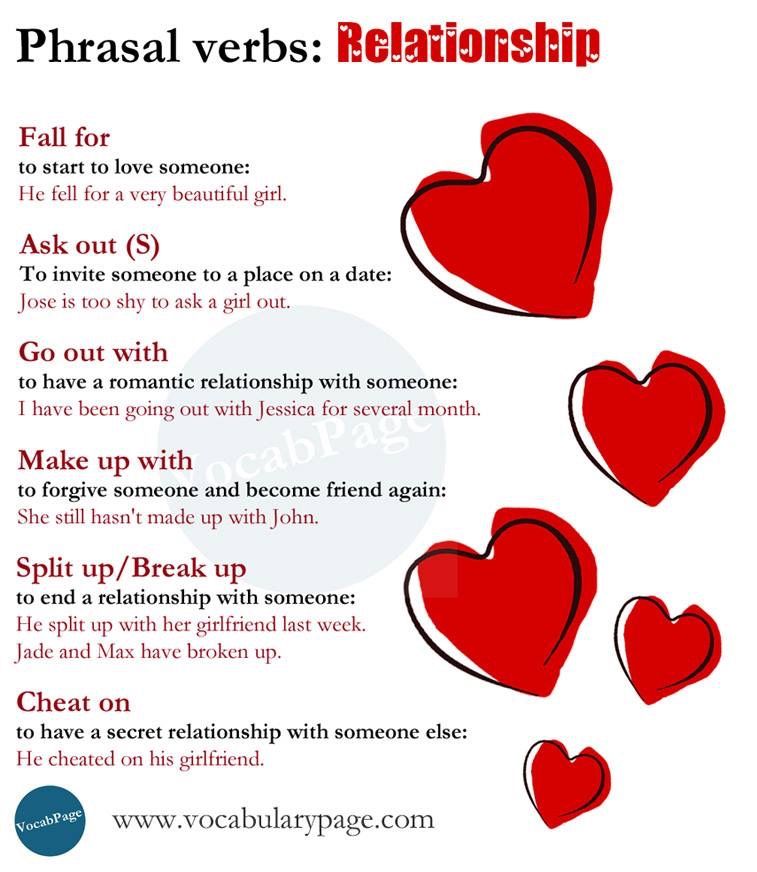 “MDLive makes it easy to set up an appointment, and our therapist was pleasant and helpful,” writes one user. “I would definitely use MDLive again, and recommend it to everyone.”
“MDLive makes it easy to set up an appointment, and our therapist was pleasant and helpful,” writes one user. “I would definitely use MDLive again, and recommend it to everyone.”
E-Therapy Cafe — Best for Short-Term Counseling
E-Therapy Cafe was founded as a secure, user-friendly platform that would give people access to quality, compassionate counseling regardless of their location. Their team consists of 11 clinical therapists and life coaches who provide counseling services to a variety of patient populations, including military, LGBTQ+, and couples.
E-Therapy Cafe offers four different plans for relationship counseling. Clients can pay as they go, at a flat rate of $50 per session, or choose a subscription plan with three, five, or eight sessions. Although clients can renew their subscriptions, these packages may make E-Therapy Cafe an ideal option for couples who need a short-term solution to help them through a rough patch in their relationship. Those who aren’t sure if E-Therapy Cafe is the right platform for them can take advantage of a 30-minute trial session for only $35. Clients should also note that subscriptions expire 30 days after purchase, and any unused sessions do not roll over.
Clients should also note that subscriptions expire 30 days after purchase, and any unused sessions do not roll over.
Regardless of whether clients pay as they go or choose a subscription plan, they have the option of communicating with their counselor via 30-minute video or live chats, or e-journal messaging. Clients can mix-and-match session types, based on their needs and schedule. All sessions are conducted through E-Therapy Cafe’s HIPAA-compliant website.
| Price | Appointment Types | Accepts Insurance | Therapists on Staff |
|---|---|---|---|
| 30-minute trial session: $35 Per session: $50 Basic subscription: $125 Premier subscription: $200 Elite subscription: $300 | Video chat Live chat Messaging | No | 15 |
What Patients Are Saying
Clients who use E-Therapy Cafe praise the platform for providing comfort and convenience. “There is also something relaxing and intimate about being able to talk ‘face-to-face’ with a therapist from the comfort and privacy of your own home,” says one user. “I found the online scheduling system easy and empowering to use.”
“There is also something relaxing and intimate about being able to talk ‘face-to-face’ with a therapist from the comfort and privacy of your own home,” says one user. “I found the online scheduling system easy and empowering to use.”
Relationship Hero — Best Relationship Coaching
Relationship Hero differs slightly from the other services on our list, in that they offer relationship coaching, which is not the same thing as relationship counseling.
Both approaches focus on helping couples achieve their goals for healthier, more satisfying relationships, although the methods by which they achieve those outcomes vary somewhat. Coaching services like Relationship Hero help clients by providing practical advice that can be applied right away, while therapeutic approaches are more rooted in psychology. While relationship coaching cannot help clients address underlying mental health conditions that may be affecting their relationships, it can teach couples new strategies for dealing with conflict, communication, trust, and other common relationship challenges.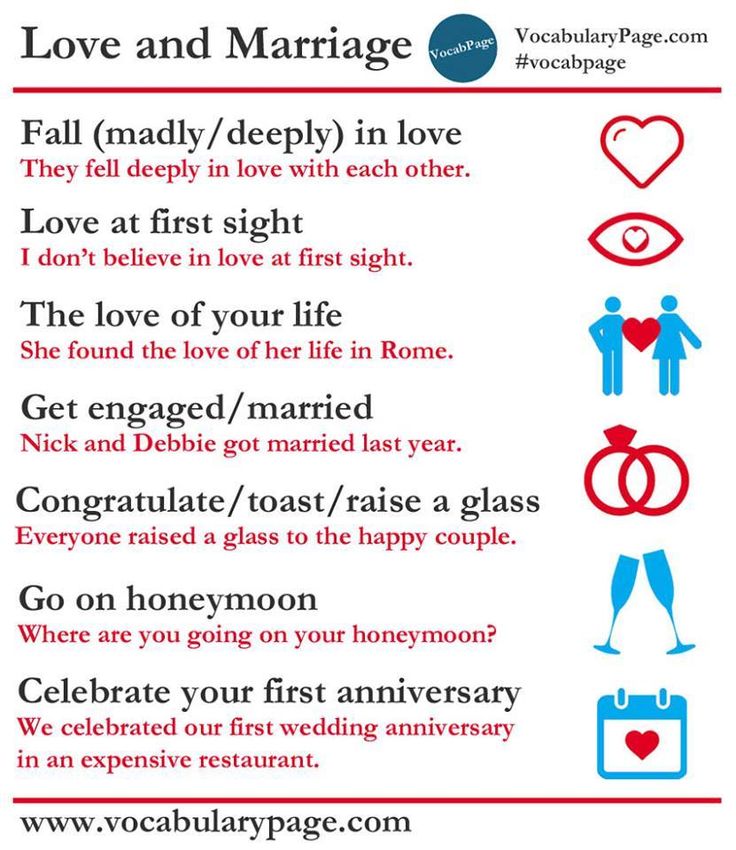
Relationship Hero’s approach involves a few different options — private relationship coaching with their certified relationship coaches; master classes tailored towards specific needs and topics, and group coaching for additional support and perspectives. Their Couples Program gives clients access to integrative practice resources, an exclusive Facebook community for real-time support, and 24/7 access to a dedicated relationship coach, for unexpected situations or questions.
Clients can access Relationship Hero’s tools and services through their website, or their mobile app, which is available for iOS and Android. This allows clients to work on their skills and get help whenever they need it, regardless of location.
| Price | Appointment Types | Accepts Insurance | Therapists on Staff |
|---|---|---|---|
| Guide Plan: $29 Sage Plan: $75 Hero Plan: $300 Weekly: $59 | Live chat | No | 86 |
What Patients Are Saying
Relationship Hero clients praise the platform for helping them achieve new insights about their relationships. “Relationship Hero has been a great resource to help me understand how to navigate relationships,” writes one client. “My relationship coach is attentive, patient, and knowledgeable about the inner workings of relationships.”
“Relationship Hero has been a great resource to help me understand how to navigate relationships,” writes one client. “My relationship coach is attentive, patient, and knowledgeable about the inner workings of relationships.”
“There were 6 thousand kilometers and 5 hours of time difference between us”: three stories about relationships at a distance
Imagine: you met a person on the Internet and fell in love, but he lives on the other side of the world. Or your partner got a good job offer, but he will have to move to another city. What to do: continue the relationship or end? Is there a future for such communication? We spoke to three people who were in a similar situation.
Story 1. “It was like an easy family life”
Ekaterina Sorokina
Dating at a distance of two years. We saw the young man every weekend, the journey took three hours by minibus.
How we met
I got to know my future husband Pasha thanks to a friend. She had many good things to say about him.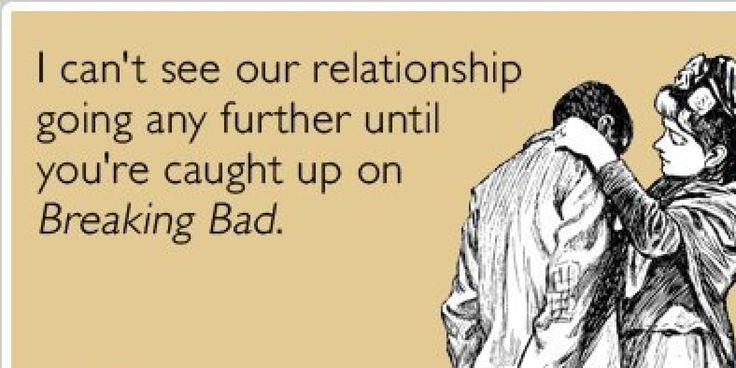 I decided to meet and came up with a whole plan.
I decided to meet and came up with a whole plan.
I was then 18 years old. In winter, the girls and I got together to ride the hill like children, and called him, and he agreed. The plan worked: they arranged everything as if it were a completely random meeting. We rode together and talked. At one point, he said: “Come on me?” I went down the hill right on top of him, and that was the start of everything. Then he joined me on social networks, and we began to correspond and meet. nine0003
How the relationship started
At first I liked Pasha because of the funny stories that my girlfriend told and his looks: I saw him in photographs. And when we began to communicate and walk, a common interest manifested itself, and the further, the stronger.
It has always been important for me to have the same views. Pasha was hooked by the fact that he could tell me much more than I know. I always wanted a man to be smarter. I myself know a lot of useless facts, but if he knows even more, that's great.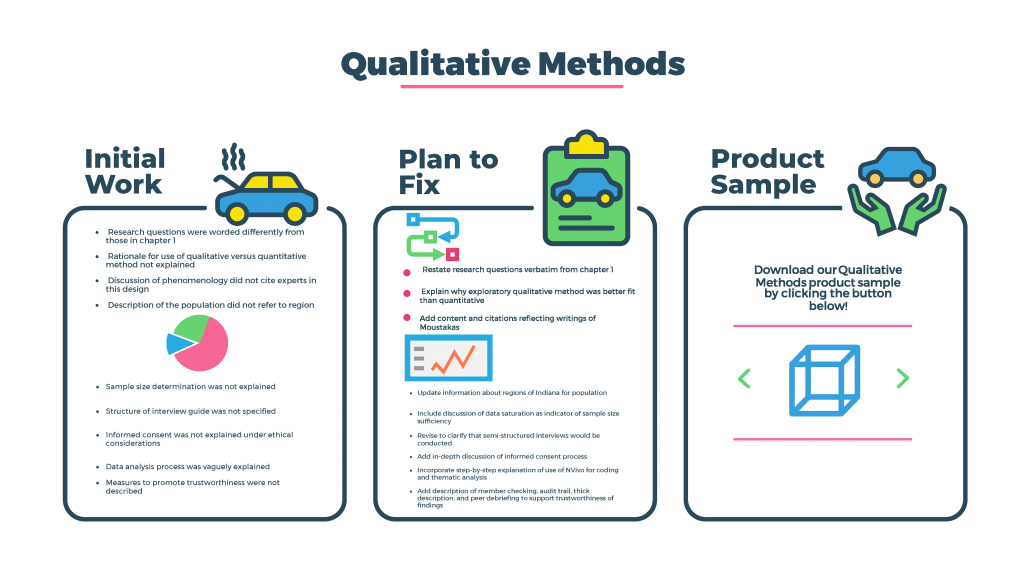 nine0003
nine0003
We dated for a year and a half, and then Pasha left. The fact is that he is a game designer, and it is difficult to find such a job in the regions of Belarus. Initially, he managed to work in my city - Polotsk, and then remotely. But the company said that it was necessary to go to the office, which is located in Minsk. There was no choice left.
We knew it would be a long time, because I needed to graduate from the university. And there was no chance that Pasha would be able to return to Polotsk. With each new post, his income increased, and a return to Polotsk would have rolled him back. nine0003
We didn't feel like it was over now. It was just hard to imagine how things would turn out. But we decided that we would try this.
He left and we started seeing each other on weekends when he came to my city. I was then 19 years old, and only at almost 22 I graduated from the university. All this time we met at a distance.
What it's like to meet at a distance
Our relationship at some point became a routine: I knew that he would arrive on Saturday and leave on Sunday.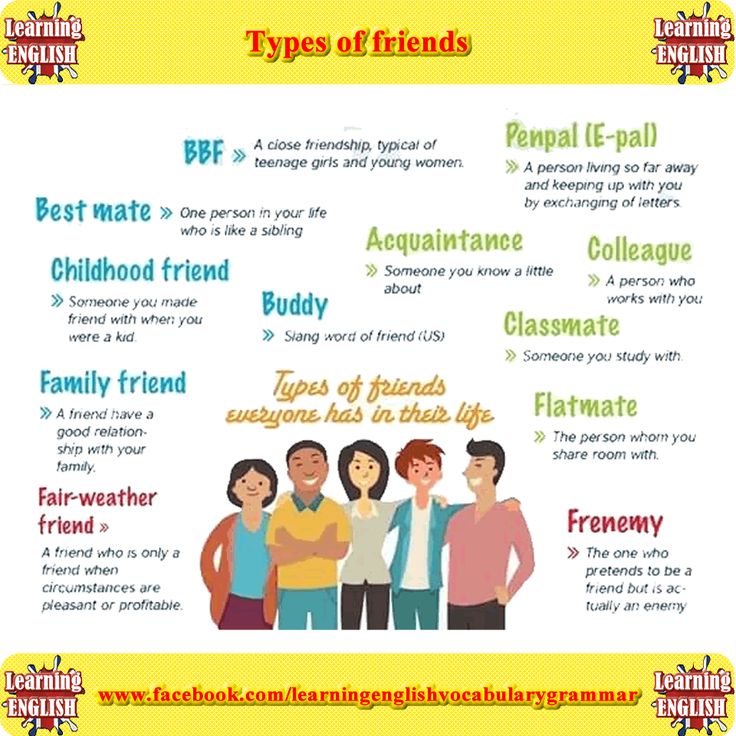 We have a specific daily routine: at such a time we should meet, cook dinner and spend the night. nine0003 Illustration: Anna Guridova / Lifehacker
We have a specific daily routine: at such a time we should meet, cook dinner and spend the night. nine0003 Illustration: Anna Guridova / Lifehacker
It was like an easy family life. Sometimes we went for a walk, and sometimes we stayed at home and watched a movie. On Sunday, we managed to wake up, have some breakfast, and it was already necessary to say goodbye. You won't be able to do much during this time.
Such a regimen may seem difficult to some. Especially for those who strive for dynamics and diversity in relationships. But I have always valued emotional stability. And I still felt feelings, care and warmth despite the distance. We both knew it wasn't forever. nine0003
While Pasha and I were in different cities, we talked on the phone and corresponded on the Internet. But we were not one of those couples who spend all the years talking all night long.
At some point, relationships are no longer the peak of emotions. You talk, share what happened during the day, say goodbye and go to bed.

Sometimes it was necessary to give up personal interests and set priorities. Sometimes on the weekend I wanted to plan something, like a trip. I was doing historical reconstruction then. Usually the festivals were held on weekends: on one the first part takes place, and on the next - the second. I understood that then we would not see each other for three weeks, and I abandoned my plans. For me, relationships are more important in any case, and I have always tried to look at such things through the eyes of a partner. If he did this to me, would I be pleased? If I understand that it is not, then I do not commit such acts. nine0003
It was hard for Pasha to spend six hours on the road there and back every weekend. You seem to be doing nothing while you are driving, but you are still exhausted and do not feel that you have rested. Plus, he sometimes had to go to relatives in his hometown. As a result, on weekdays he worked, and on weekends he was constantly on the road.
Relatives approved of our relationship. My mother always liked Pasha. But sometimes she began: “Aren't you afraid? Where is he now?" I always brushed aside this, because no, I'm not afraid. We had 100% trust in our relationship and no jealousy, because if a person wants to leave or change, he will do it, even if you are together 24 hours a day. nine0003
How we came together
In Belarus, there is still a mandatory distribution for those who studied for free. After graduating from the university, I had to work for another two years and be away from Pasha. So we decided to get married. Married students should be allocated according to their spouse's place of residence or work, or they should be given a free diploma that does not oblige them to work for their studies on a budget.
This somewhat forced events, because of which we had conflicts. But we managed, got married, I packed my things and moved to Minsk with a free diploma. Since then we have been living together for four years.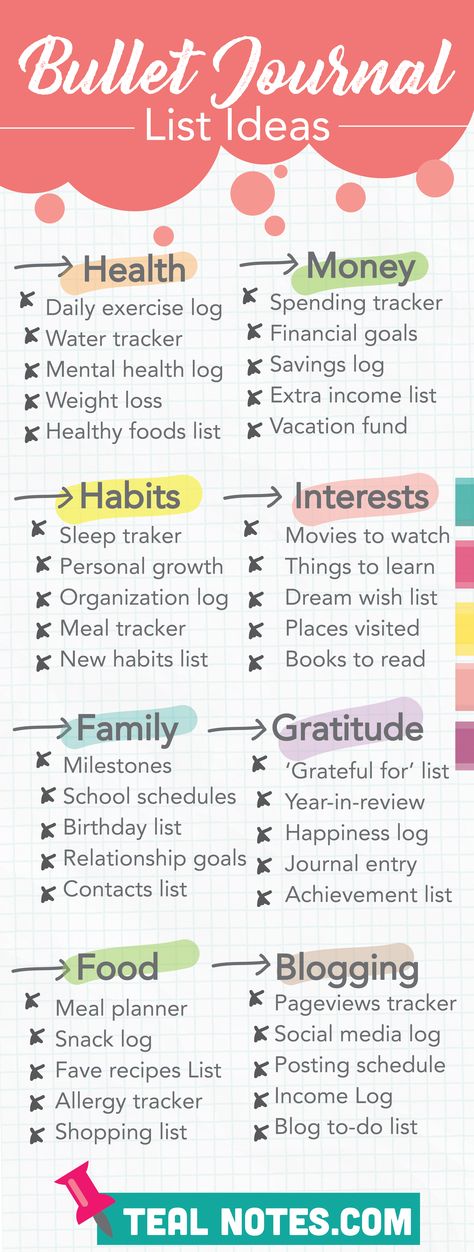 nine0003
nine0003
A lot has changed since we moved in together. We had to adapt to each other's everyday habits. Of course, initially for many people this stage causes irritation. You sigh and try to gently talk to the person. He also speaks, and you agree.
But still it was nice that finally the weekend is the weekend. We are together, and there is no need to rush anywhere and leave. There were a lot of positive emotions, and all these household ointments were almost not noticed.
We are together, and together everything is not so scary.
What is the result
I don't see our story as a romantic feat. This is just a stage with its own difficulties, which, perhaps, were more than in ordinary relationships.
There are often times when you need a person here and now. Not over the phone, but in real. But there's no way you can get it. You see less of your partner's life, and for jealous people, this can be especially hard.
We were helped by the thought that this is not forever.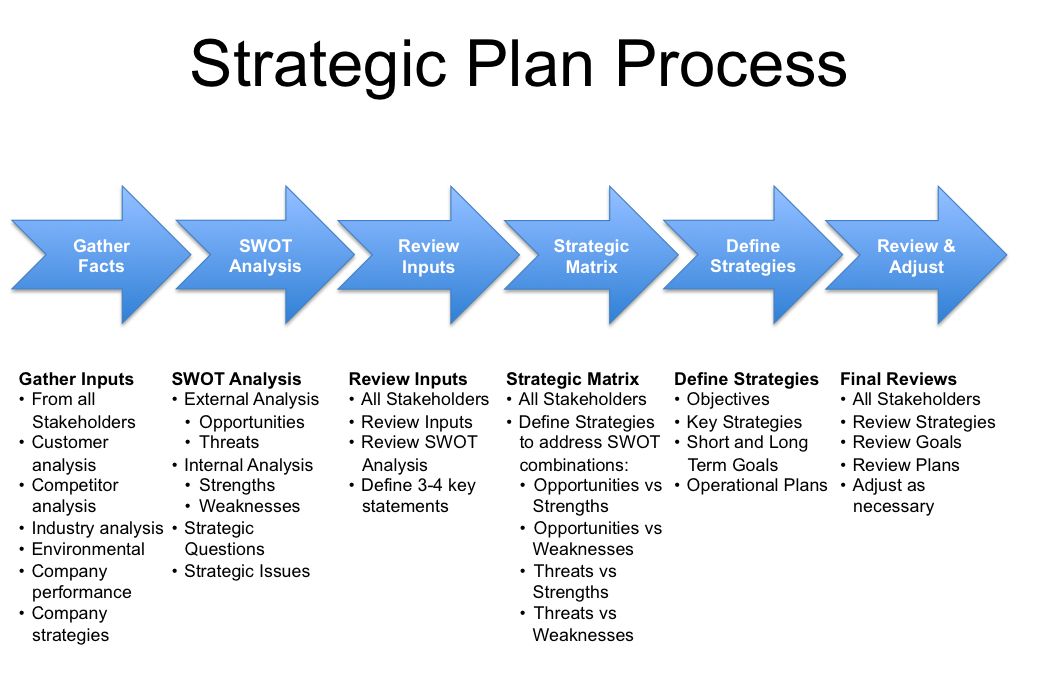 Plus, we often saw each other and were in touch. I knew that the person was also looking forward to meeting. And when you feel his feelings, then you have no doubts. Because of this, you endure everything. nine0003
Plus, we often saw each other and were in touch. I knew that the person was also looking forward to meeting. And when you feel his feelings, then you have no doubts. Because of this, you endure everything. nine0003
From the pros: after the wedding, Pasha was sent on a business trip to China for a whole month, and we survived the separation much easier. But this is a forced experience, not something really positive.
Tips for those who started a relationship at a distance
The most important advice: do not try to control the person too much. Someone may have such impulses. This will greatly harm your relationship.
Evaluate your actions as you would yourself react to such actions on the part of your partner. At a distance, he may feel that your relationship and feelings are more fragile. Therefore, you need to help your loved one be self-confident and not give him reasons for jealousy. nine0003
Story 2. “Now I would never start a relationship at a distance”
August Völker
Met a girl from another city on the Internet and met her at a distance for a year.
How we met
We were 16 years old. She lived in Ufa, which is 2,100 kilometers from my city, Pskov. We ended up in the same VKontakte conversation based on a video game that we both really enjoyed. So a relationship began, which over time became more and more dense. nine0003
On her birthday, a girl wrote to me that she was celebrating it in splendid isolation. I suggested a Skype call. From that moment on, we periodically talked via video link, but we talked not only about video games, but also about life in general.
How the relationship began
We realized that there was something more between us when we started discussing various indecent things. We became attracted to each other, and calling up every day became almost an obligation. One of us said, "Now we must get married." It was a joke, but we became more serious about each other and considered it our sacred duty to be faithful. nine0003
We lived like this for half a year, after which we decided to meet. We chose romantic St. Petersburg for this. We spent a couple of weeks there and realized that we became very attached to each other. It seemed to us that our history is unique and we will start a relationship despite the fact that we are separated by thousands of kilometers.
We chose romantic St. Petersburg for this. We spent a couple of weeks there and realized that we became very attached to each other. It seemed to us that our history is unique and we will start a relationship despite the fact that we are separated by thousands of kilometers.
When we went back home, we experienced a set of very different emotions: from euphoria from the meeting to longing for a loved one who was again far away.
What it's like to meet at a distance
We had many rituals, such as nightly Skype meetings. And every morning they called up for 10 minutes to wish a good day. On weekends, we talked for 7-8 hours via video link, literally went to parks and cafes with a mobile phone.
Online relationships are as romantic as real ones. When you constantly communicate via video link, you become a little more frank. We knew the hidden fears and dreams of a partner. We collected each other love-boxes with pleasant little things, signed them and decorated them. They kept special calendars and counted the days until meetings. Maybe now I'm just matured, but in real life I would be embarrassed to act like that. nine0003
They kept special calendars and counted the days until meetings. Maybe now I'm just matured, but in real life I would be embarrassed to act like that. nine0003
I sent flowers to her address. It was always a surprise for her. And she could pay for my purchase in a video game or order a sweatshirt in an online store. We pleased each other not only with material things, but also, for example, dedicated poems.
Everything was like in a real relationship, but not quite real.
Of course, we also stimulated sexual interest: we sent intimate photos to each other and made video calls. We were 16 years old, and during this period the head was only full of this. nine0003
But there were also problems, such as poor internet and time zone mismatch. In addition, all communication went online, because of which there was no self-confidence during communication in real life. We looked like two freaks who ran away from everyone to sit on their phone. In my company, this was not encouraged at all, and they constantly made fun of me.
And we also had manic jealousy that went beyond any limits. At first, these were romantic little things, such as exchanging passwords from VKontakte pages, STEAM accounts and email. Then almost complete control began. The girl could visit my page at any time to find out with whom and what I was talking about, ignoring the privacy of other people. Or I said that I went out with a friend, and after returning home, I found more than 20 missed calls and angry tirades like “Oh, how could you!”. nine0003
If I heard something like this from a girl now, I would immediately stop talking. But then it seemed to me that this was normal and could not be otherwise, because this is a relationship, which means that you are not separate people, but one whole.
My jealousy for a girl was much more subtle. I was a little worried when I heard that she was going to go to a company where there are boys. But at the same time, I did not surf her page.
How we came together
We had five meetings, two or three weeks each time.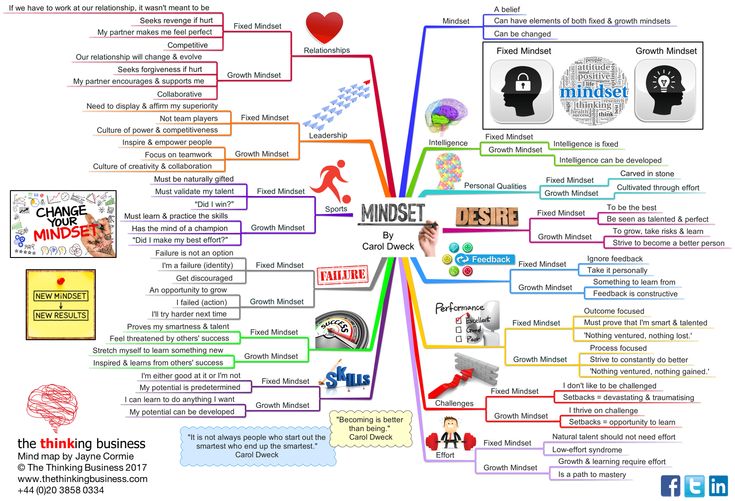 We worked part-time to save money, then we found out our parents' plans, discussed the date and met. This went on for a year. nine0003
We worked part-time to save money, then we found out our parents' plans, discussed the date and met. This went on for a year. nine0003
After passing the USE, we chose one university, rented an apartment and started living together even before we started studying. Everything worked out almost perfectly. Little things like cooking and cleaning became incredible fun. We were put into a trance by the very possibility of touching each other, looking and constantly talking with a loved one. We didn't even fight.
Why they broke up
The problems started from the moment I introduced her to my company. She was a home girl, read books and played the piano. And I was gouging, playing rock music with friends in the basement. My friends were addicted to soft drugs, we liked to drink every day and got into fights. nine0003
Because of my girlfriend, I began to domesticate: I preferred evening movie screenings to gatherings with friends or another rehearsal of our rock band. When I found family seriousness and calmness, I realized that I wanted to give myself to this with my head.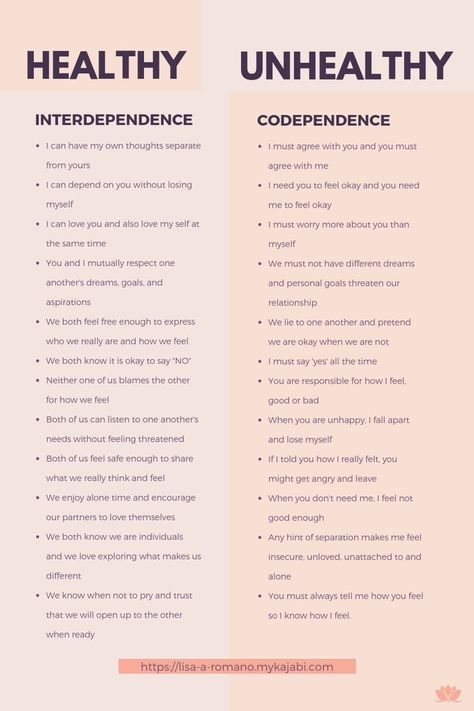 And she, on the contrary, began to be very much carried away by my past way of life. She got into the whole topic with alcohol, drugs and registration.
And she, on the contrary, began to be very much carried away by my past way of life. She got into the whole topic with alcohol, drugs and registration.
We began to quarrel, move away, began to spend less time together. After one and a half to two years, relations finally began to decline. nine0003
After another quarrel, I did the right thing: I took her phone and looked at her correspondence. I saw an unfamiliar guy there, opened a dialogue and realized that they, along with this friend, were fouling me. I was emotional, collected all her clothes, woke her up in the middle of the night and threw her out the door.
Later it turned out that they had nothing romantic. It was a friendship in which she apparently found something that she no longer found in me.
Illustration: Anna Guridova / Lifehacker We didn't part then, but it was the beginning of the end. We reconciled, but she asked for a week-long break in the relationship. In parallel with this, at a party, I kissed another girl in a drunken stupor.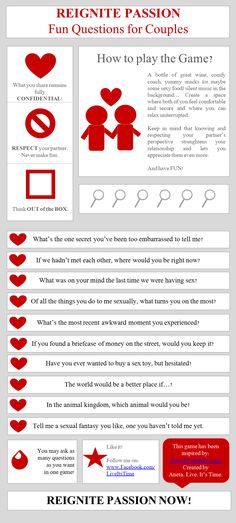 I thought the pause was a temporary cessation of our obligations to each other. But she said that this is a terrible betrayal that cannot be forgiven.
I thought the pause was a temporary cessation of our obligations to each other. But she said that this is a terrible betrayal that cannot be forgiven.
I took the parting very painfully. It was the first relationship. Love seemed perfect, and then all these lofty feelings crashed into harsh realities. nine0003
What we ended up with
I think both of us were not the same people we fell in love with in the first place. Internet communication creates a slightly distorted image of the interlocutor. We moved in and we were cool. But then we became more aware of ourselves and each other, and everything happened as it should have happened.
But I would not have been able to foresee these problems and avoid them if we had not met at a distance from the very beginning. Now I am older and more experienced. And when you are children, it is simply impossible to understand that something is wrong. Especially on the Internet. nine0003
I am very disappointed in this girl.
But I do not regret our relationship and I am glad that I had it.
After parting, I took care of myself. It gave me an understanding of who I am and who I want to be. I had a truly unforgettable experience and became much more understanding and calm.
But now I would never have a long distance relationship. I would not wait for anyone and would not promise anything to anyone. I have too bright and good life in order to spend it forever stuck on the phone. nine0003
Advice for those who started a relationship at a distance
Run! And if without jokes, then people in such relationships need to be much more serious and mature than everyone around. Always think ahead. Don't expect anything from the person you're talking to online, and be prepared to get to know them all over again when you do.
But most importantly, ignore other people's opinions. Stand your ground and show what you can. They joked about me and said that nothing would work out, and after parting, each of my friends ran after my ex-girlfriend with flowers. nine0003
nine0003
Trust that everything will work out. And if the person on the other side agrees with your opinion, is ready to wait and fight for a relationship, then everything will turn out better than ever. But if something goes wrong, don't blame yourself. Perhaps your partner was not ready.
Story 3. “With tears in our eyes, we tried to delay time in order to get enough of each other as much as possible”
Elena Smirnova
Dated a young man from another country for four years.
How we met
Grisha and I met in the summer of 2013 in an online game. I wrote in the general chat: "Hi." The players began to chat, and he was among them.
Grisha asked how old I was. I answered that I was 19. He said: "Great, I'm a year older, which means that with me you will always be young." It was after this stupid phrase that I remembered him very well.
At first, our communication was only about the game. But gradually we switched to personal topics, became interested in each other, and in September 2013 we first called on Skype.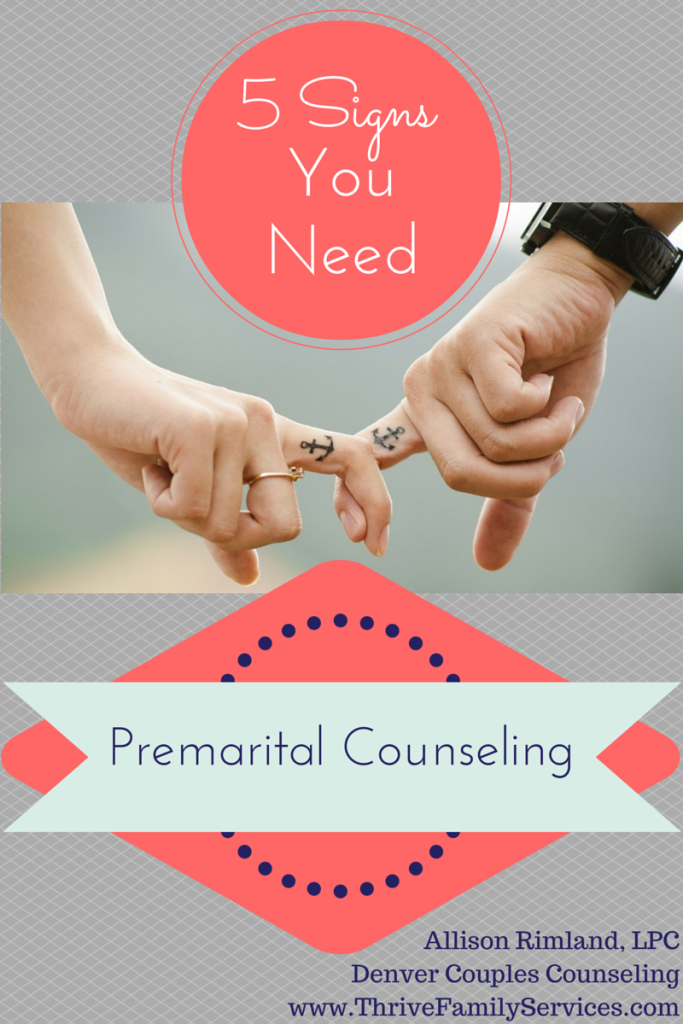 nine0003
nine0003
We talked about everything and enjoyed it so much that we didn't want to stop. In the process, it turned out that we live very far from each other: I am in Belarus, and he is in Russia - in Irkutsk. There were 6,000 kilometers between us and a five hour time difference. It was very difficult to dock: if it’s evening for me, then it’s already night, or I just woke up, and it’s already the middle of the day.
How the relationship began
Over time, we realized that there was more between us than just sympathy. We began to move on to love topics, flirting, coming up with cute nicknames for each other. And in the end, in the winter, we decided that we had a relationship. nine0003
We wanted to see each other and gradually began to prepare relatives for this. Irkutsk was chosen for the first meeting. But my parents were categorically against it, and I understand them. Imagine, my daughter comes and says: “I want to go to another country, I have a young man there, and I love him!” In the end, we arranged for our parents to have a Skype conversation.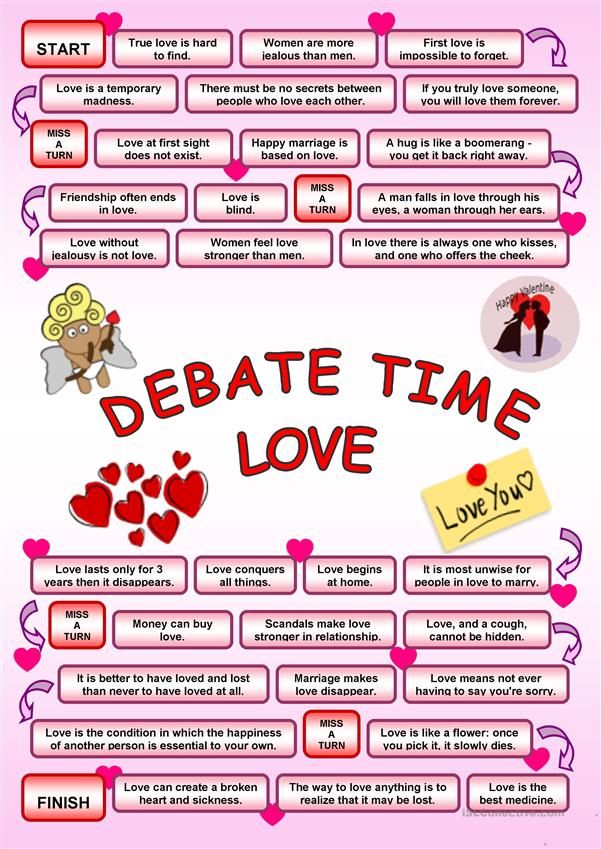 After that, mine melted and were allowed to go.
After that, mine melted and were allowed to go.
I remember how my heart was pounding when I was already at the Irkutsk airport.
I was very afraid that I would turn out to be much worse than the picture on the Internet. Or that at a distance they saw me as a riddle, and now I will be uninteresting. nine0003
From the road, dusty and rumpled, I went into the airport building, and it is beautiful and with flowers. When I approached him, we hugged, kissed, and then I realized that my fears were in vain.
What it's like to meet at a distance
There were very few meetings - only four, but we tried to make them as long as possible. We planned to come to each other in turn, and already in the winter Grisha came to me.
I soon graduated from the university, and I had to go through the compulsory work, which lasts two years. We were unable to solve this problem, and it crippled us greatly. nine0003
Over the course of four years of long-distance relationship, we made each other happy in different ways, for example, we sent gifts: soft toys, sweets. Grisha once even sent me a ring. I still laugh at him: they say, how were you not afraid to send such a thing via Russian Post.
Grisha once even sent me a ring. I still laugh at him: they say, how were you not afraid to send such a thing via Russian Post.
We tried to devote all our free time to each other. I shifted my daily routine for a few hours in order to at least slightly reduce the time difference and be able to be with my loved one. nine0003
Sexual life was organized in Skype, and then in instant messengers. When they met, everything was live, but apart, they also really wanted closeness, so they coped as best they could.
We had no reason to be jealous. We believed each other and were calm, especially since both are home people. We didn't have any fights over distance either. We understood that it did not depend on us, and we were hostages of the situation.
Looking back, I wonder how we survived. It is very difficult when you do not have the opportunity to meet at any time. It is banal to approach a person, sit down together and be silent.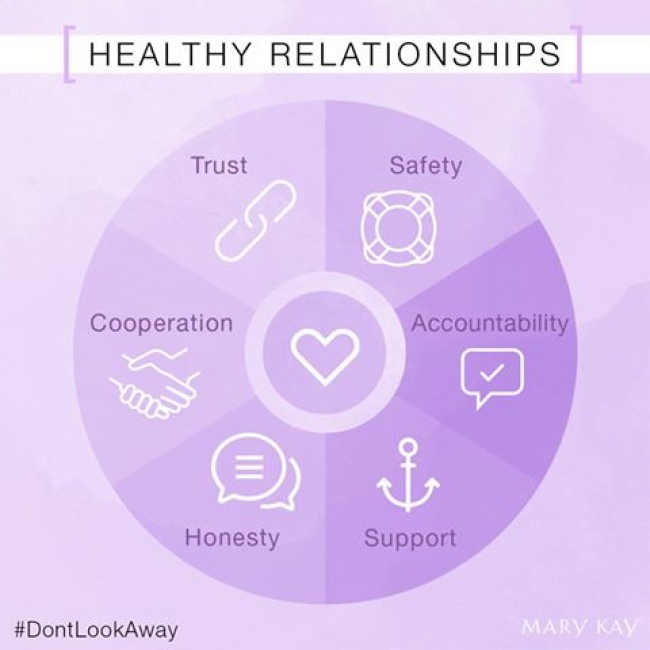 nine0003
nine0003
The most difficult period was when we didn't see each other for more than a year.
I was thinking of finishing everything. The young man is far away, work has begun and autumn - everything has piled up together.
Grisha helped me cope with these thoughts. He did not give up, constantly called and reached out to me. And closer to winter, I found out when I would have a vacation, and I lived with the thought only of him, counting the days to come.
After I finished my work, I sorted out the documents, packed my things and immediately moved to Irkutsk. And a year later we got married - just on the fifth anniversary of our acquaintance, on July 3rd. And we have been living together for more than three years. nine0003
What is the result
I perceive this time more as a test and see two big disadvantages of such a relationship. The first is the huge distance and time difference. The realization that there are 6,000 kilometers between you is very pressing. The second is the lack of intimacy, and not only intimate. I want to support each other, hold hands, hug and stay close. Nothing could fill this void inside.
The second is the lack of intimacy, and not only intimate. I want to support each other, hold hands, hug and stay close. Nothing could fill this void inside.
But there are pluses. Long-distance relationships allowed us to look at problems differently. The fact that we are far from each other and it is not known how long this will last immediately made other difficulties less significant. And it also helped to check how serious we are. And thanks to the distance, we have learned to solve difficulties through dialogue. nine0003
We had a lot of cute things in our relationship. For example, I remember how our eyes find each other in the crowd, we go towards each other, we feel the first touch and the emotions that fill us. It's all incredible. Even parting was touching. With tears in our eyes, we tried to delay the time in order to get enough of each other as much as possible, and promised to definitely meet again.
Our couple even had their own tradition - before leaving, to hide small notes in each other's things. And when it was really sad, we said where they are. It was very nice to find handwritten "I love you". nine0003
And when it was really sad, we said where they are. It was very nice to find handwritten "I love you". nine0003
Advice for those who started a relationship at a distance
Such relationships have a future when there are feelings, patience and respect. Communicate more with each other. Try to meet as often as possible - it is very difficult to do without such recharge.
How do you feel about romance at a distance? Or maybe you yourself found yourself in such a situation? Share in the comments.
Read also 🧐
- What to do if it seems that you have stopped loving
- Does a long distance relationship have a chance
- 10 subtle signs that you don't love yourself
- Passion paradox: why in a relationship one partner always loves more
- I want to change my partner. Is everything okay with me? What about our relationship?
"Our couple would be perfect if not for you." Why you don't need to change for a partner
October 18, 2019 Auto-da-fe A life
Breaking yourself, you run the risk of getting depression and personality disorder, but never get closer to someone else's ideal. nine0003
nine0003
Why change is not always good
People change, it's inevitable. Every day we are affected by many factors that can make us act very differently in different aspects of our lives. We saw a cute haircut on Instagram* and went to the hairdresser. We stumbled upon a video about the dangers of sugar - they redrawn their diet. We thought about prosperity in retirement - we stopped spending money on all sorts of nonsense.
People also change in relationships, especially in long-term relationships. Partners influence each other in one way or another. For example, if one loves hiking, and the other has never gone on them, then he may fall in love with this type of recreation and share the hobby of his half. You light up with an idea, or decide to try something new, or reconsider your attitude to something, having received new data from a partner. nine0003
Problems begin when your couple is divided into a beautiful half, who is good as is, and you, who are not up to ideal.
Mila Kudryakova
If a partner openly or covertly tells you: “I will not change, everything is fine with me, but you have problems, you need to work on yourself,” this is an alarm signal.
Relationships are complex because they involve close communication between people who, as a rule, already have a baggage of traumas and complexes. The stage of falling in love is often a projection: we like in another what we like in ourselves. And when this period passes, the real person with his own limitations opens up. And we need to deal with these restrictions somehow, just as he does with ours. That is, two people, making joint efforts, go through this path of attunement. nine0003
But when a partner refuses to accept responsibility and change with you, this is a reason to think about how much he is even interested in you.
At the same time, the very idea of changes is not discussed in the form of a dialogue, when both talk about their feelings, sensations, discuss inconsistencies. This is where pressure and manipulation come into play. Partner can constantly:
This is where pressure and manipulation come into play. Partner can constantly:
- Hint: “I'm so bored. It's a pity that you're going back to your friends."
- Compare: “You should go to the gym. Here Masha went. Look how cool she looks." nine0248
- Haggling: "If you dye your hair blonde, I'll get married."
- Threaten: "If you don't stop watching football, I will leave you."
And this is unpleasant, dishonest and destructive.
Tatyana
We were together for four years. I don’t remember the exact moment when “no, now you will be like this” came into the relationship, but it was connected with my figure. I was satisfied with my weight and appearance. But one evening I decided to eat yogurt and heard: “You don’t need to eat yogurt, but do sports!” I was offended, but I did not attach any importance to his words. nine0003
Then the hints of my poor form became more frequent. I looked in the mirror and saw fat there. For some reason I didn't think my boyfriend was crazy. I thought that he was trying for me, so he makes me remarks, makes me go to training and jokes about my thick arms in front of his friend.
I thought that he was trying for me, so he makes me remarks, makes me go to training and jokes about my thick arms in front of his friend.
Then, in addition to nit-picking about weight, there were complaints about how I express my thoughts when we sort things out. It sounded something like this: “Oh, let's not, as usual, stretch your speech for three hours. You have a minute to say whatever you want, or I won't listen to you!" By the way, we quarreled because he was forcing me to play sports, but I didn’t want to. nine0003
The desire to make me beautiful and stylish was added to the attempts to make me an athlete (which eventually turned out). He ridiculed my things, said that my style was like that of a grandmother and I needed to change it. I cried, but agreed.
It seems that I suffered all the time, but this is not so. I felt happy, just sometimes he said that something was wrong with me. Now I already know that because of my childhood and the problems that it created, I tend to enter into co-dependent relationships and merge with a partner. nine0003
nine0003
I didn't tell anyone what was going on in my relationship because everything seemed to be going well. Mom noticed first. She said so: “He puts pressure on you?” I joked. Then I saw the word “abuser” on the Internet, many characteristics agreed. But I didn't want to believe that the person I love could treat me this way. I sincerely thought that I was bad: I slow down, I'm lazy, I cheat, I'm afraid of everything, I eat too much, I run too little, and so on.
Then I became stooped. More precisely, I always stooped and knew about it, but I didn’t care about the stoop at all. But my partner decided to take matters into his own hands and remind me of this every day. He mimicked me, cursed, in quarrels he mentioned that he does everything for me, and I "can't keep my back straight." Once I asked him when we will get married, he said that when I start walking straight. nine0003
At some point, I broke down. I had an obsessive thought that I would be fat and he would not love me.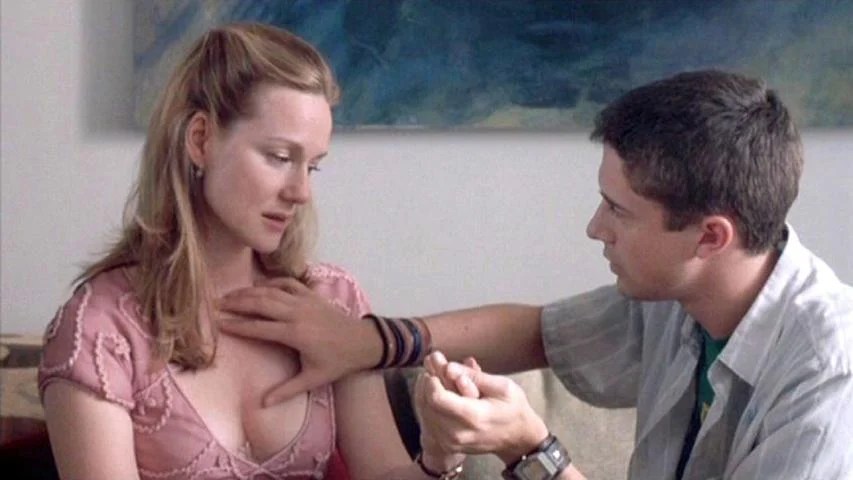 I cried after eating, looked at myself in the mirror every day and hated my stomach. But the partner constantly repeated something like: “Look how I try for you, everything is for you.”
I cried after eating, looked at myself in the mirror every day and hated my stomach. But the partner constantly repeated something like: “Look how I try for you, everything is for you.”
About three months before the breakup, I realized that I had nothing in common with this person. I did not understand how we would raise children, because we have different approaches. But I was also afraid to leave. nine0003
It just so happened that I decided to see a psychotherapist. I had 10 sessions after which I started asking myself questions. Who am I without a relationship? How independent am I? What can I do myself? Will I achieve something in life?
One day I was unbent like a spring. I looked at all relationships and realized that love is “I accept you for who you are and I don’t want to change.” I realized that “well, we’ve been together for four years” is not an argument, and I want to be equal. A rebellion broke out in me. It was scary to say: “I don’t see the point in continuing,” but I managed. nine0003
nine0003
What do you get when you change yourself for a partner
Wasted time
At the beginning of a relationship, due to a hormonal surge, a person sees everything through rose-colored glasses: the partner seems charming, and his eccentricities are cute. This illusion is also supported by the fact that people often want to appear better than they really are, and hide some habits and character traits. Gradually, the euphoria will begin to pass, and the partner will show his dark side. And if something categorically does not suit him in you, this is a reason to look for a more suitable person, and not to reshape yourself. nine0003
Ekaterina Matsapura
The period of falling in love and charm passes quickly, and couples are faced with the fact that ideal people do not exist. The prince's horse is not the same, but the princess turned out to be a dragon. And, for example, lightness and sensuality are transformed into irresponsibility and tearfulness.
If your other half is constantly dissatisfied with your appearance, character or hobby, then such a person is unlikely to make you happy. Harmonious relationships are built on the basis of mutual acceptance, support, understanding and sincerity. Constant demands to "become perfect, different, as I want" never lead to good, whatever one may say. nine0003
Harmonious relationships are built on the basis of mutual acceptance, support, understanding and sincerity. Constant demands to "become perfect, different, as I want" never lead to good, whatever one may say. nine0003
Internal conflict
You can try to adapt to the requirements of your partner, but this will mean not only giving up some habit, but also deeper changes. The totality of your character traits and views - this is you. When you yourself begin the internal transformation, it happens organically. And pressure from the outside destroys you, turning you into a slightly different person.
Andrei Smirnov
Any change in oneself is violence, and any violence leads to tension in relationships. Of course, something insignificant can be changed in yourself if the partner asks, and this is not very difficult. But serious things should not be changed even for the sake of a loved one, since dissolution in a partner means the loss of oneself as a person. nine0003
By choosing change under duress, you deceive your partner.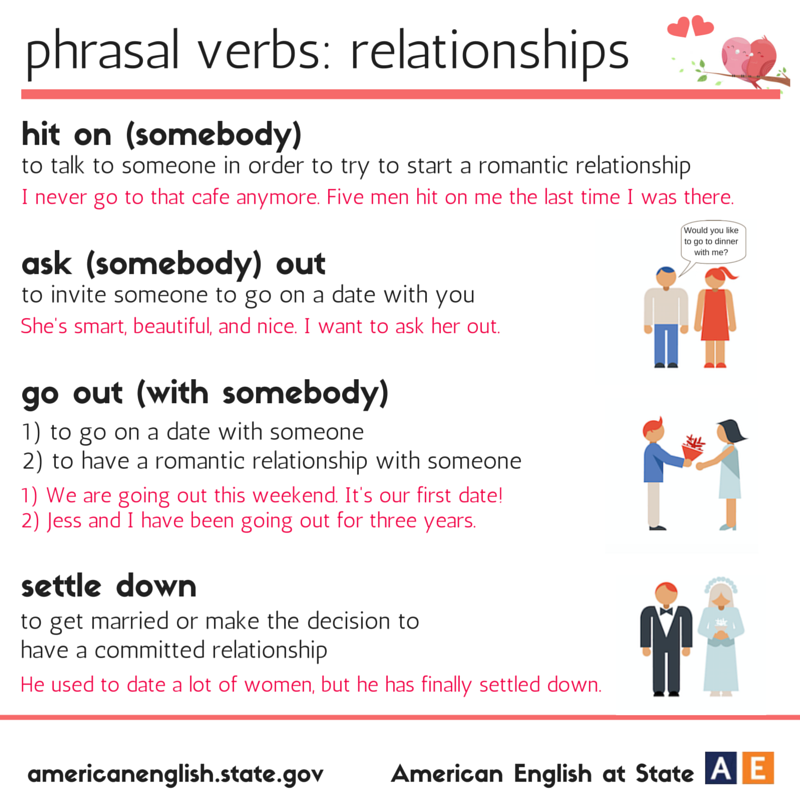 According to psychologist Kristina Kostikova, it will still be a mask that will not last long. At the same time, a person may be under the illusion that this is your real person. When the mask falls off, the problems will reappear.
According to psychologist Kristina Kostikova, it will still be a mask that will not last long. At the same time, a person may be under the illusion that this is your real person. When the mask falls off, the problems will reappear.
But the partner's deceit here is the lesser evil. It's much worse that you betray yourself.
Kristina Kostikova
To change for the sake of a partner means to agree that your true personality does not interest him. Putting on a mask, you settle inside yourself tension, which will eventually lead to personal conflict. nine0003
Moreover, if you do not allow yourself to be real and build equal relationships with your partner, then you enter into co-dependence with him: you begin to lose yourself and become more and more dependent on the other.
Decreased self-esteem
It's hard to maintain self-confidence if you constantly hear that something is wrong with you. And even if you start to change for the sake of your partner’s approval, this will not fix the situation.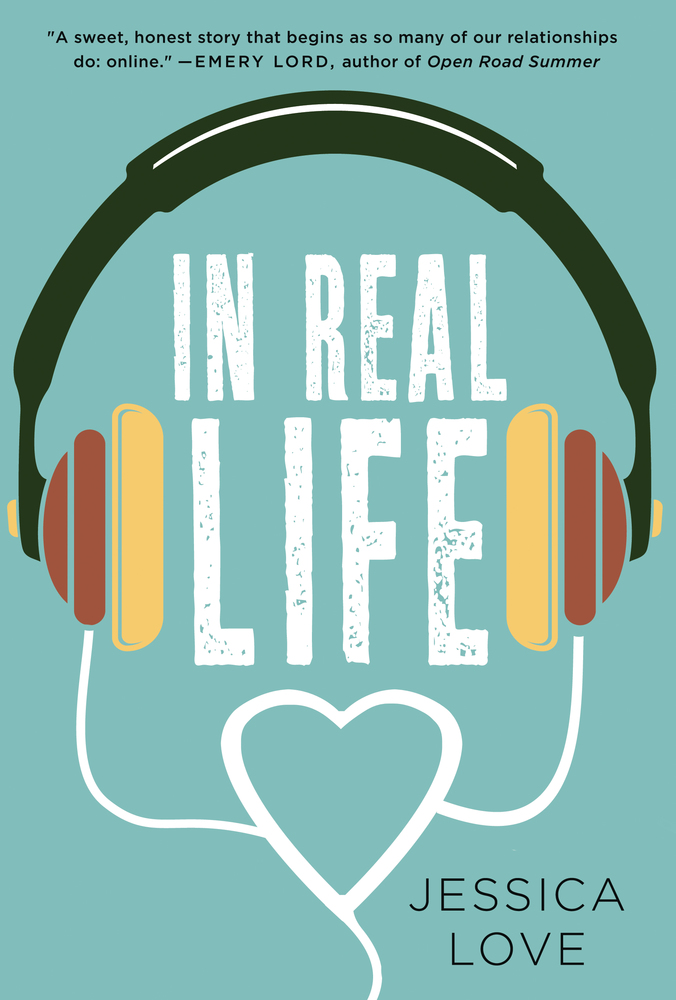 So you simply transfer control over your sense of self to another person: praised - everything is fine, scolded - everything is bad. The boundaries of your personality are blurred. nine0003
So you simply transfer control over your sense of self to another person: praised - everything is fine, scolded - everything is bad. The boundaries of your personality are blurred. nine0003
The guy was from St. Petersburg, I'm from a million-plus city, and this was my first serious relationship. It seems that he confessed his love, but he persistently wanted to change a lot in my appearance. For example, bangs. He considered it a sign of provincialism. He scolded me about it. And when I saw that my friends with bangs, it was generally creepy.
Then for some reason he got attached to my thighs. He said that I have riding breeches. At 22 years old and with 52 kilograms of weight. The funny thing is that his mother, literally a couple of hours after we met, told me: “You know, because you are planning to wear riding breeches. This needs to be monitored." nine0003
It was a shame that I was considered a redneck. He was born and lived in St. Petersburg. So what? First, in Kolpino. Plus, he was from working professions, not particularly burdened with knowledge and education. To put it mildly, not an art critic in the Hermitage. And not Mr. Olympia.
Plus, he was from working professions, not particularly burdened with knowledge and education. To put it mildly, not an art critic in the Hermitage. And not Mr. Olympia.
I remember, and it's still creepy. And then I was almost without experience of relationships and thought that everything was fine. This gave rise to a bunch of complexes. At first, I didn’t understand: my current husband likes everything about me, or he just keeps silent and then everything will start again. I was lucky that that guy just got scared when it was necessary to take the relationship to a new level, and merged. I was very worried, but then I realized that everything ended when it should have. nine0003
Depression
Internal discomfort and tension, problems with self-esteem and boundaries, merging with a partner and co-dependent relationships - all this contributes to a depressive state with all the consequences. In such a situation, for a speedy recovery, it would be good to have an understanding and supportive partner nearby, but you don’t have one.
In my last years at university, I fell in love with a slightly older woman. In the first months there was euphoria, but then the problems started. She was no longer satisfied that I was getting a profession that was not the most prestigious and profitable, that before graduation I could not get any job in the field of trade (then it was fashionable), although I never had less than two jobs. nine0003
The further, the more irritants appeared: I live in a different way, I work in a different place, my views on life are not like that. It would seem that it didn’t work out - you need to disperse. But I fell in love too much, and she tried too hard to mold me into the perfect man that lives in her head. So the flow of complaints did not stop and was framed in “If you want to be with me, then…”
It seemed to me that only a little bit separates me from joint happiness, I just need to fix something that hurts my loved one so much. But in reality, the more I tried to live up to an incomprehensible ideal, the worse our relationship and my well-being became, both mentally and physically. nine0003
nine0003
We parted for almost a year. She left, then came back. Every time forever. I was “recovering” from this relationship for several more years and all this time I could not even look at women.
Wanting to please my loved one, I tried to radically change myself. And in the end - a severe depression with all the pies: my real essence, my "I" demanded one thing, and I tried to direct myself along a completely different path. I didn’t succeed in breaking myself, but I still feel the negative consequences of that relationship, although 10 years have passed. nine0003
Self-destruction
Not everyone will enthusiastically respond to a partner's call to change. As psychologist Svetlana Bibikova notes, a person with adequate self-esteem reacts to encroachments in his direction, even from a loved one, as an alarm. The instinct of self-preservation says that his self-esteem, his sense of integrity is under threat. To requests and hints to change himself, he replies: “I like being like this” or “I don’t think so,” or seriously thinks about who he is next to.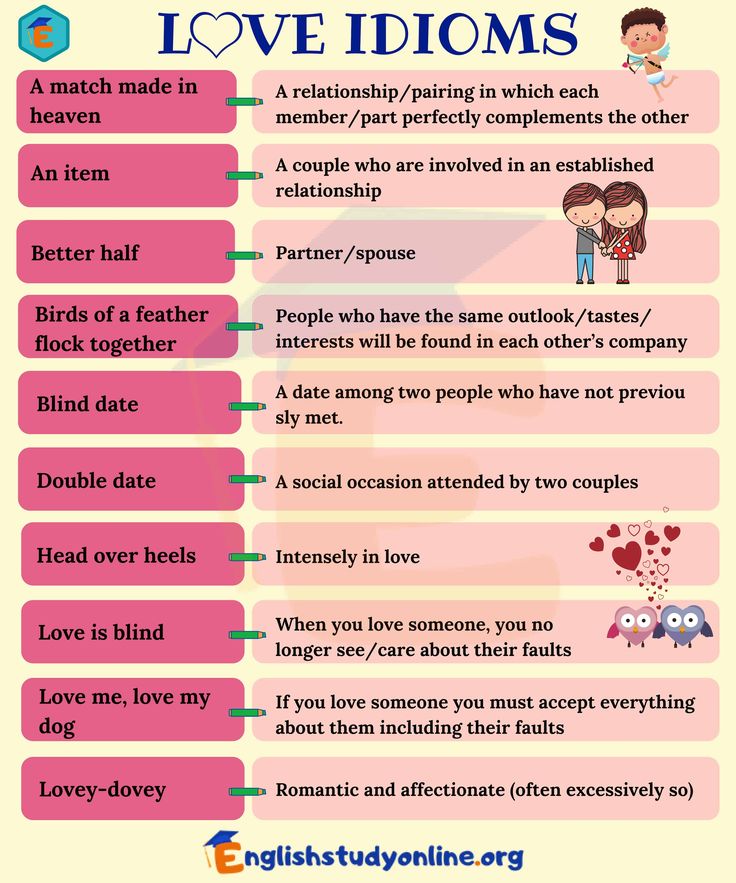 nine0003
nine0003
So the partner's pressure and manipulation should lie on fertile ground. If he succeeded, then the person was already vulnerable. Low self-esteem, emotional instability, complexes, fear of being abandoned played against him here.
Anton Andrianov
The desire to change for the sake of someone means a lack of love for oneself. And without it, no matter what a person is for another and no matter how much he changes, he will still feel different from what, in his opinion, his partner wants to see him. And this will cause anxiety and lead to a state where the environment seems hostile. Trust in the world is lost, and a person begins to look for ways to muffle this state. Usually through drugs, alcohol, or other addictions. nine0003
Abusiveness
When a partner insists on changes, this does not necessarily indicate that he does not like something in particular about you. Maybe he's just testing boundaries, testing how far you're willing to bend.
Total control and constant criticism are included in the classic scenario of the emotional abuser. Only it is just important for him not to achieve changes, but to destroy you as a person. Of course, it can't end well.
Only it is just important for him not to achieve changes, but to destroy you as a person. Of course, it can't end well.
How to distinguish your own desire for change from the imposed one
It is not always obvious why you have the idea that it is time to change something. Psychologists in such cases are advised to listen to yourself. Ekaterina Matsapura offers to evaluate how much you want these changes, is it really you who is the problem and what will happen if you change.
Ekaterina Matsapura
Remember: a person who demands changes will always find a reason for dissatisfaction. Most likely, all the partner's problems will be connected only with you. You will be the culprit of all troubles, because you are "not like that." And as much as you can go on about, and the list of problems will only increase. nine0003
When we sincerely desire something ourselves, we do it with a smile. We lose weight and thank ourselves for every gram dropped, we learn the language and have fun, put things in order and dance.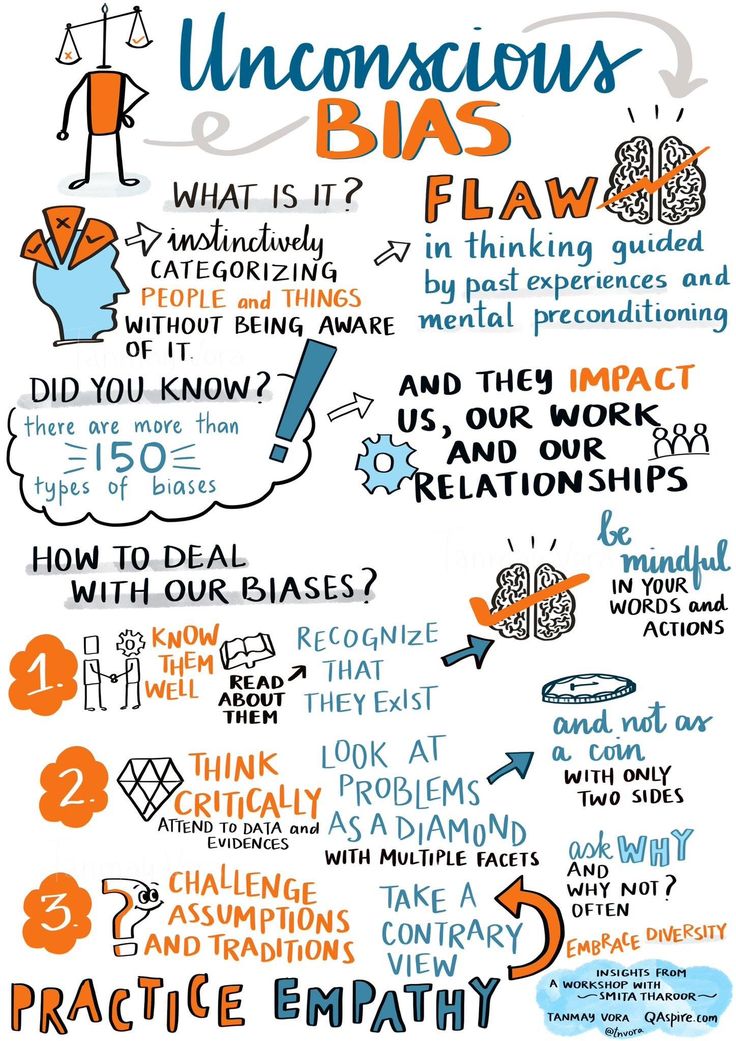 And manipulation, as a rule, causes apathy, loss of interest in life and a feeling of oppression.
And manipulation, as a rule, causes apathy, loss of interest in life and a feeling of oppression.
Evgenia Lyutova, a clinical psychologist, recommends using the Lift exercise. She explains how to do it, using the example of buying tea in a store, when you can't make up your mind and wonder if you need it or if you are a victim of advertising. nine0003
Evgenia Lyutova
If in doubt, mentally imagine that your body from head to toe is an elevator shaft, and in your head you have the elevator itself. In the booth, you mentally put the same pack of tea. The elevator slowly goes down, and reactions occur in your body that will tell you whether you really like the idea of buying tea or not. Are these reactions similar to what you feel when something cool happens to you?
The elevator must go down and back up. During this time, you will understand what you really think. You can do the same with any changes in yourself to understand whether you want it or not. nine0003
If you want quick solutions, you can always just ask yourself, "Why?" If only so that the partner does not stop loving you, praises, does not scold, this is a bad motivation.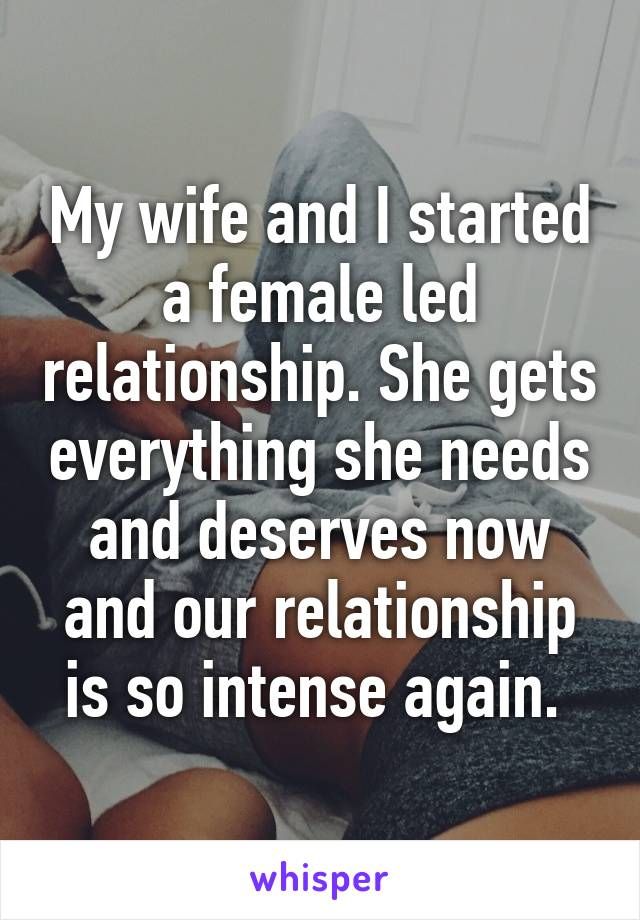
Why not all partner's requests for changes are bad
A partner may have ideas, fantasies and wishes without the goal of making you a different person. Behind the usual "Look, what a cool hairstyle, I think it would suit you" can hide different things. Perhaps this is just an exclamation and a desire to try on everything cute on you - well, who else, you are the closest. On the other hand, this may just be the beginning of the pressure. An innocent remark, then stories about acquaintances who cut their hair like that and it suits them very well, and then reproaches: “Look how awful you look, if only you could cut your hair.” nine0003
Sometimes a partner may ask you for changes that will benefit you, and not him. In particular, we are talking about neuroses that you cannot cope with on your own.
For example, if someone is very jealous and wants their partner to always and quickly pick up the phone, never go anywhere without him, and not communicate with people of the opposite sex, these are very dubious requirements. By agreeing to them, a person not only breaks himself, but also feeds the jealous neurosis.
By agreeing to them, a person not only breaks himself, but also feeds the jealous neurosis.
Maria Eril
But there is also a reverse story, when a partner says to another: “I would like you to change and stop being so jealous of me. I see how you torment me with your jealousy and destroy our relationship.
This is an example of a design change. Because jealousy is a feeling that relies on low self-esteem, and it will be necessary to work with it in order to become a harmonious personality.
What to do if your partner categorically demands changes from you
There is an old joke: "Our couple would be perfect if it wasn't for you." And if, under the influence of a partner, you recognize yourself behind this “if not for you,” this is a serious reason to think about whether it is worth maintaining such a relationship.
Ekaterina Matsapura
Run away from relationships in which you are the “wrong” person. Grow up as a person, develop and make yourself happy first of all.

